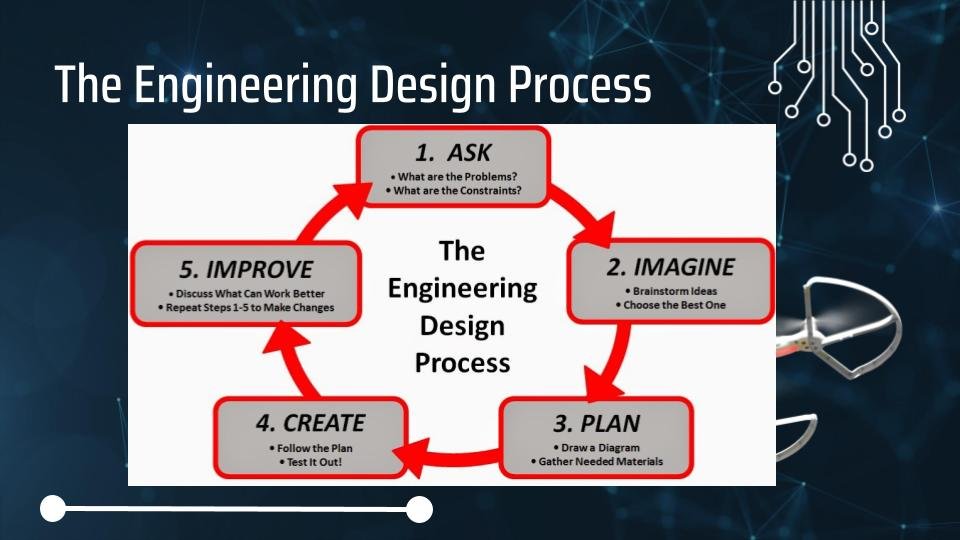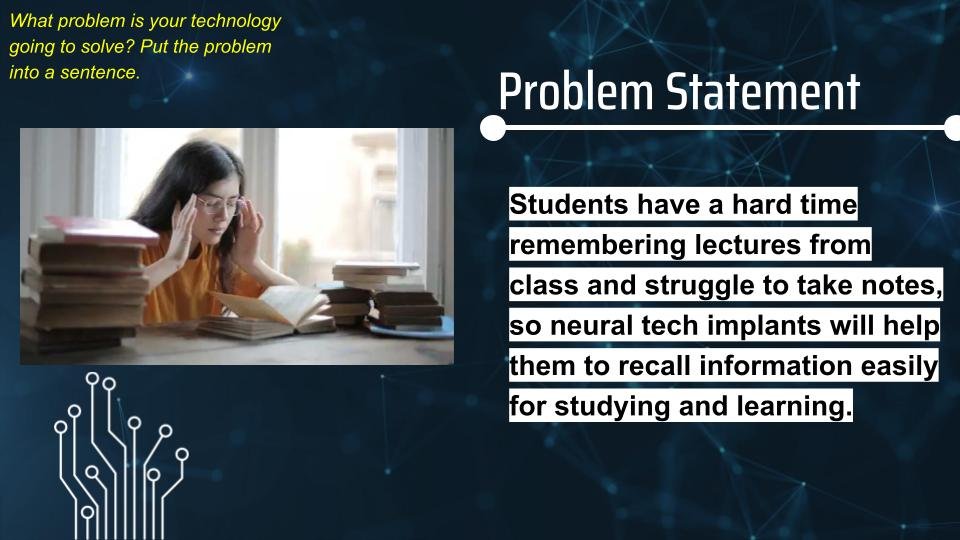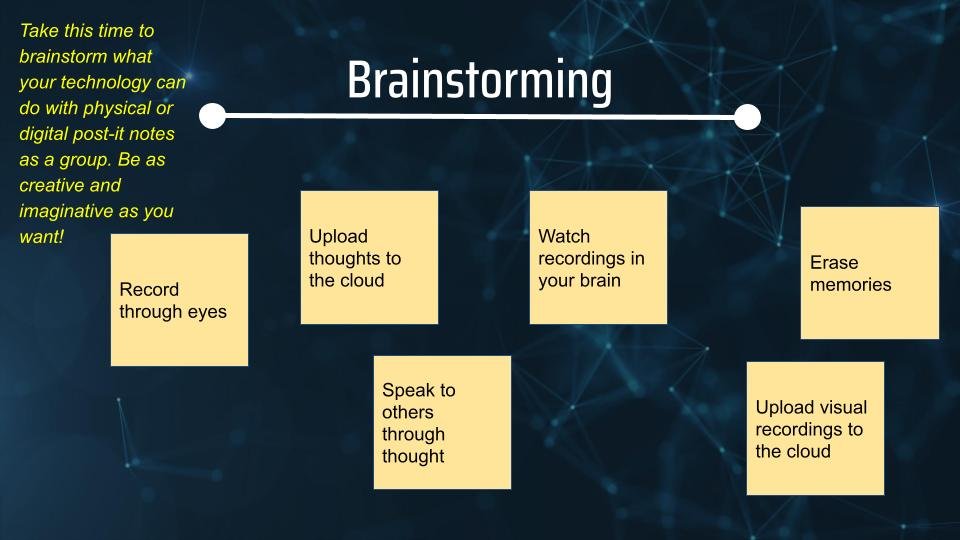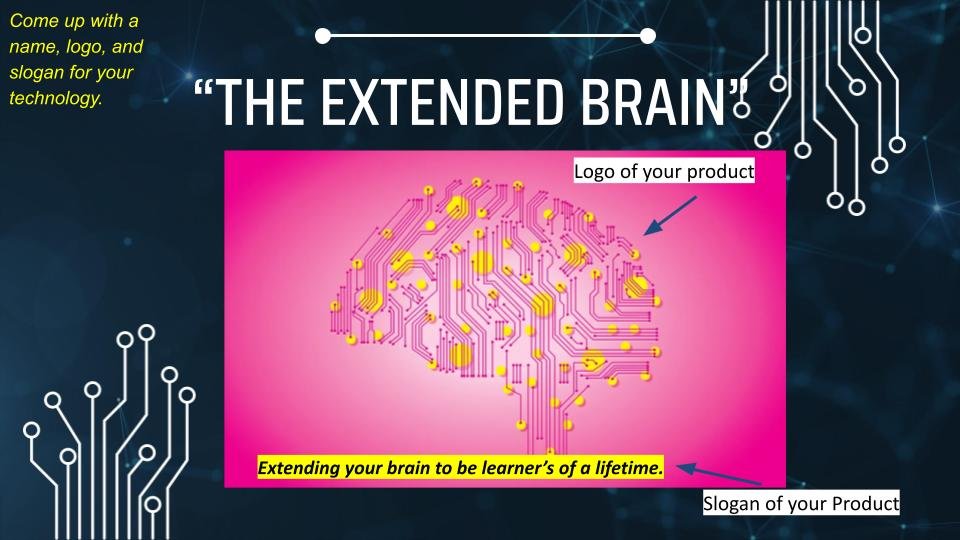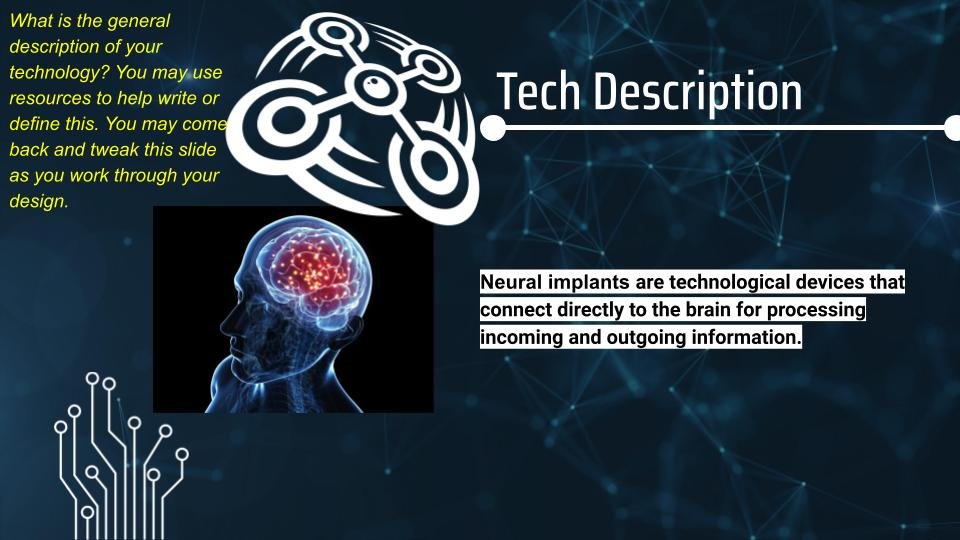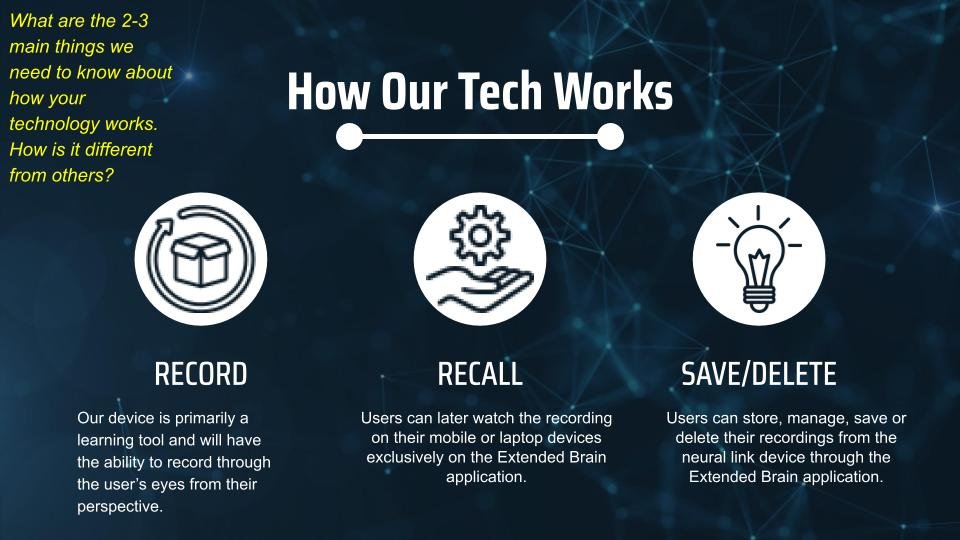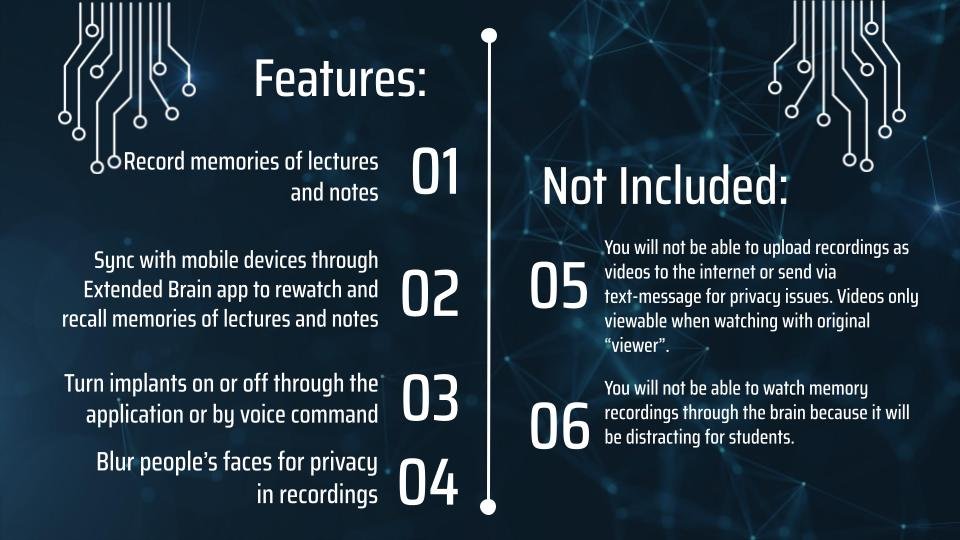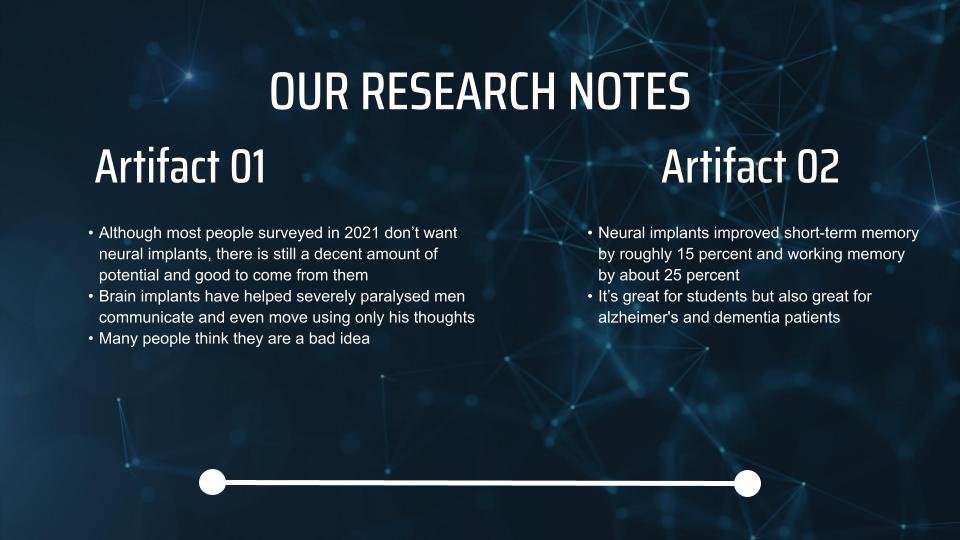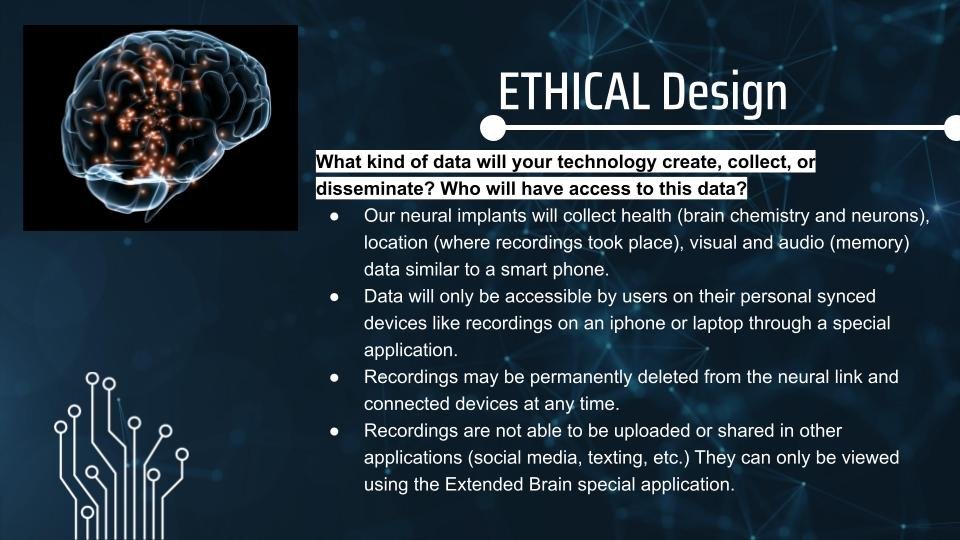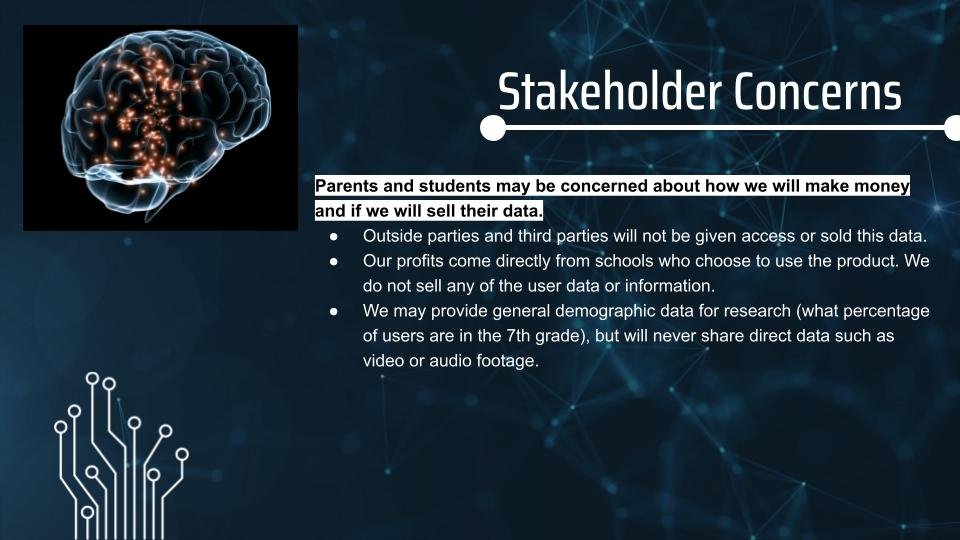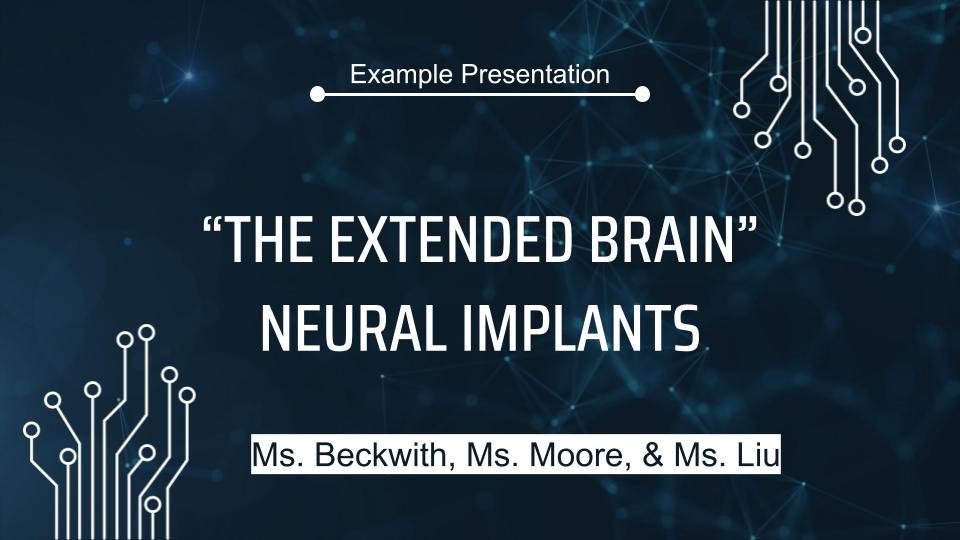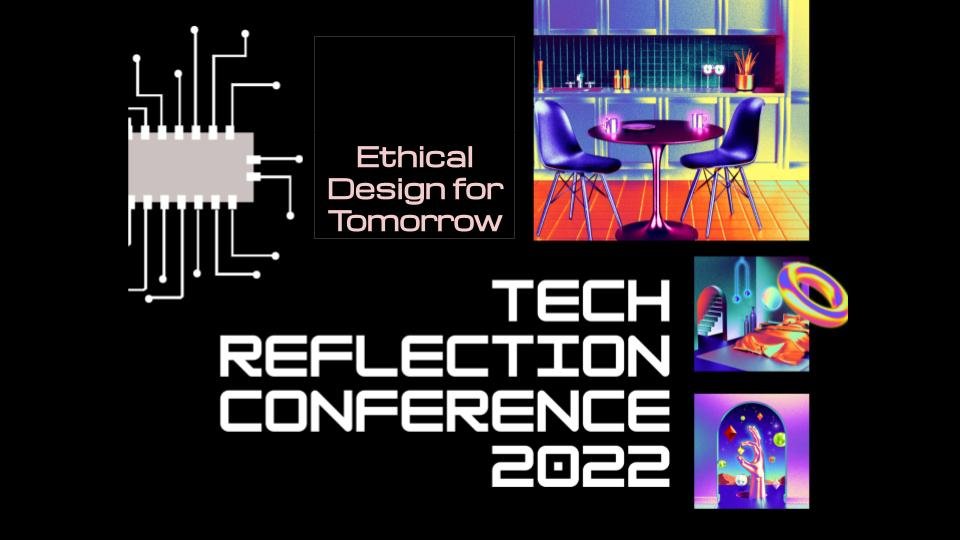
Welcome to the year 2040!
Every year, The Spence School hosts a Technology Reflection Conference for Middle Students to engage in critical education activities for tech literacy. I had the honor of helping plan, package, and present the conference as part of the Academic Technology team. Within a month of preparation, we created an original middle school-wide (240 students) learning activity that spanned over two weeks.
This year’s Technology Reflection Conference took our MS students time traveling, as they explored innovative technologies in the future! With the theme of “Ethical Design of Tomorrow,” the Spence Academic Technology team hosted a design convention to learn about innovative technologies, particularly artificial intelligence, and how they might be used in a school setting.
Our 7th graders were tasked by the principal of Innovative e-Middle School to design an ethical product to address the needs or problems that arise in schools while also considering the ethical considerations inherent in these technologies. Each homeroom was assigned a different category: Wristbands, Facial Recognition, Smart Toilets, and Conversation Bots. Within each homeroom, students were split into smaller design teams that competed to create the most creative and ethical product. Before designing their prototypes, students had to first identify a relevant problem statement, brainstorm solutions, and research the ethical implications of their design features. Some of the ethical concerns students ran into were: What do you do when you run into engineering challenges? What privacy and security practices are necessary for data collection? How might we address the concerns of students, teachers and families? When is it necessary to use AI to solve problems? When is it not?
Once they completed the design sprint process, 7th graders pitched their technologies to evaluators from the 5th, 6th, and 8th grade who were tasked with evaluating the projects based on: a clear and applicable problem statement addressed by the technology, useful features, design incorporation, data collection methods and relevant ways ethical and privacy concerns were addressed. Based on their evaluations, students were given the power to vote for the Most Creative and Ethical technology design in each category! The elected design teams received Rocketbooks as their award! Here are the design teams that were voted for MOST Creative and Ethical Designs! Congratulations to all students who engaged as designers and evaluators of these innovative and ethical technologies. See an Overview of the whole Design Process & Conference here.
original Prep materials
-
Original Rubric
Student Evaluators are to provide feedback to each proposed technology.

-
Design Sprint
Design Sprint schedule laid out for students over the course of 2 weeks.
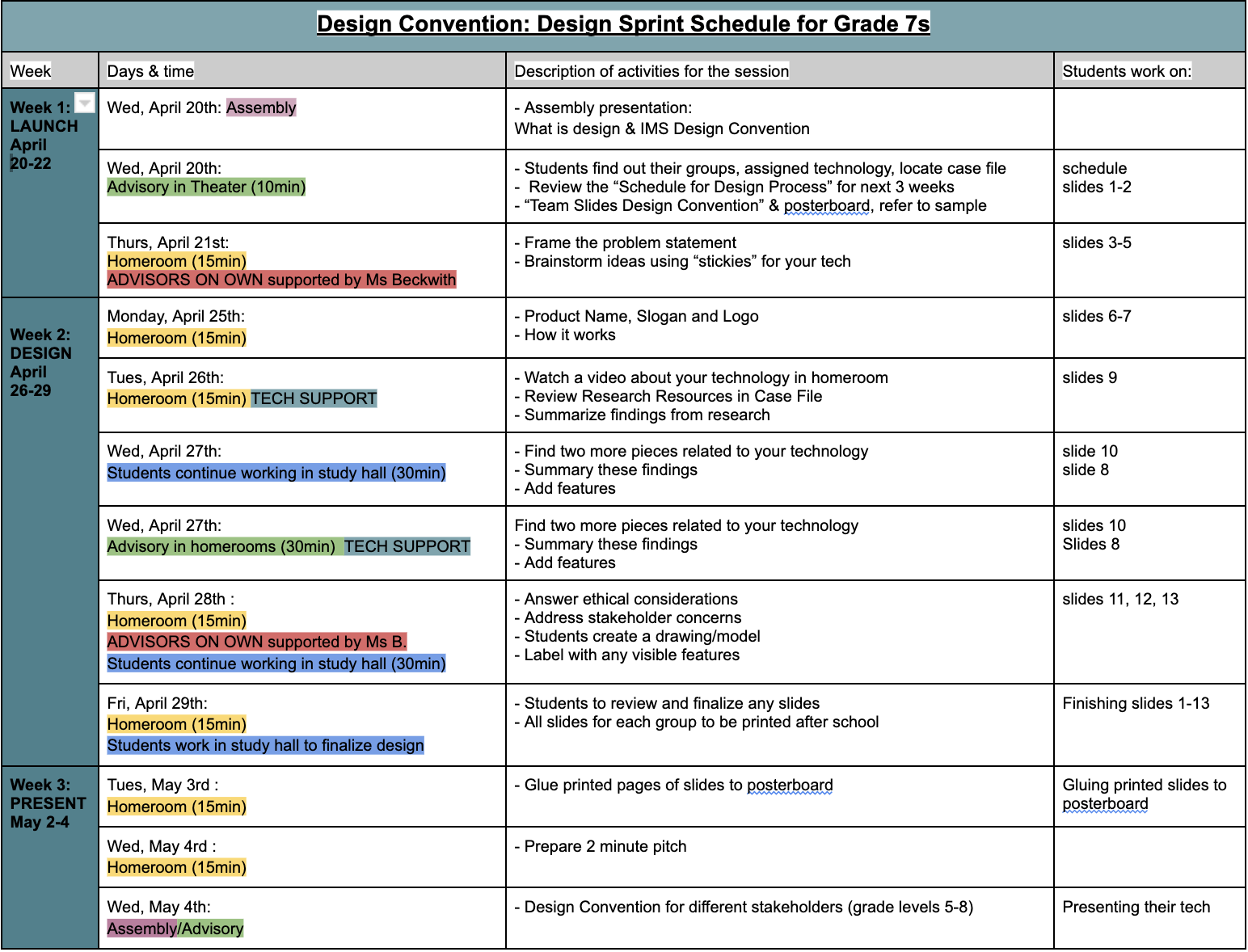
-
convention schedule
Facilitator schedule to guide Design Convention activities on the day of

STUDENT WORK
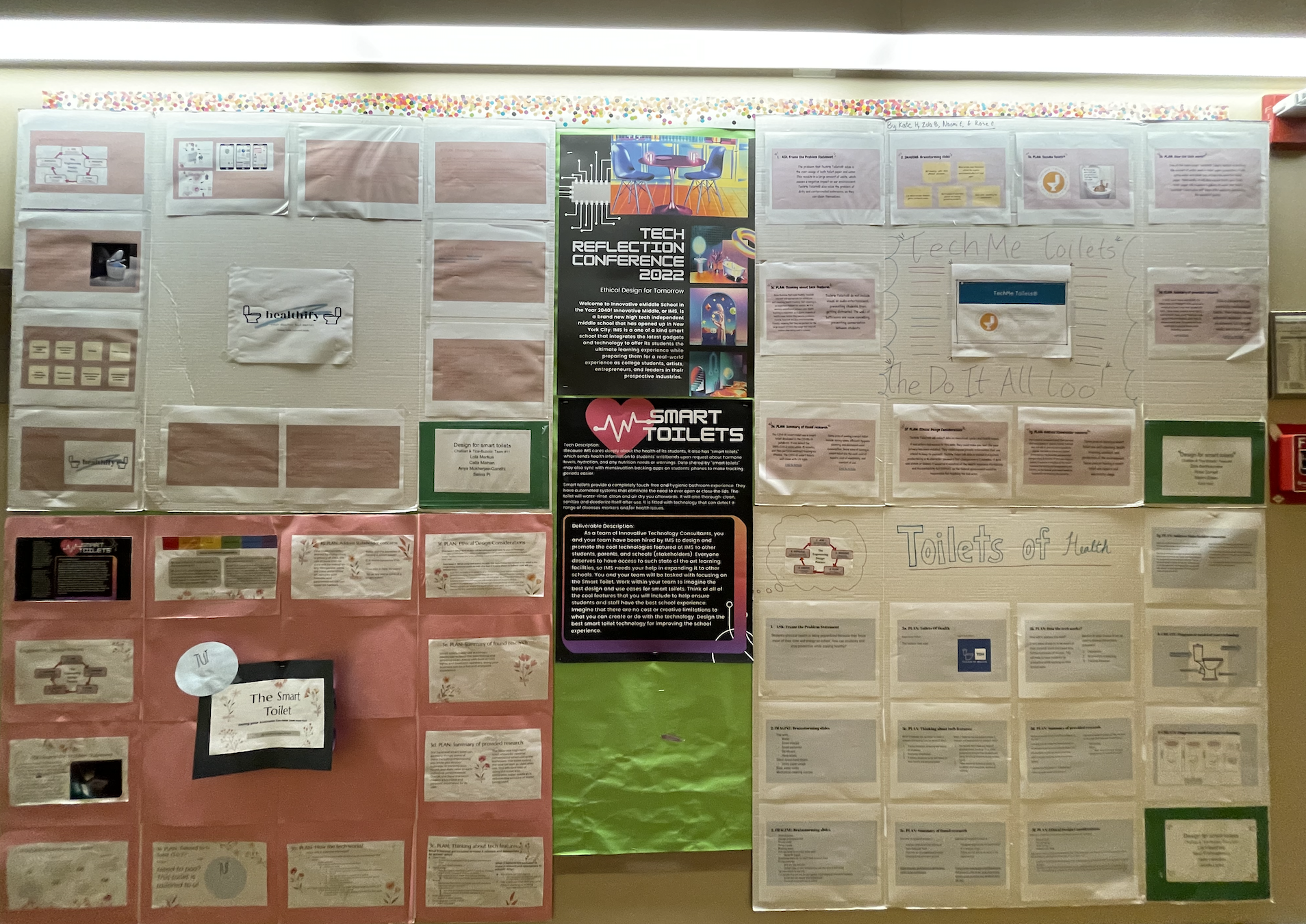
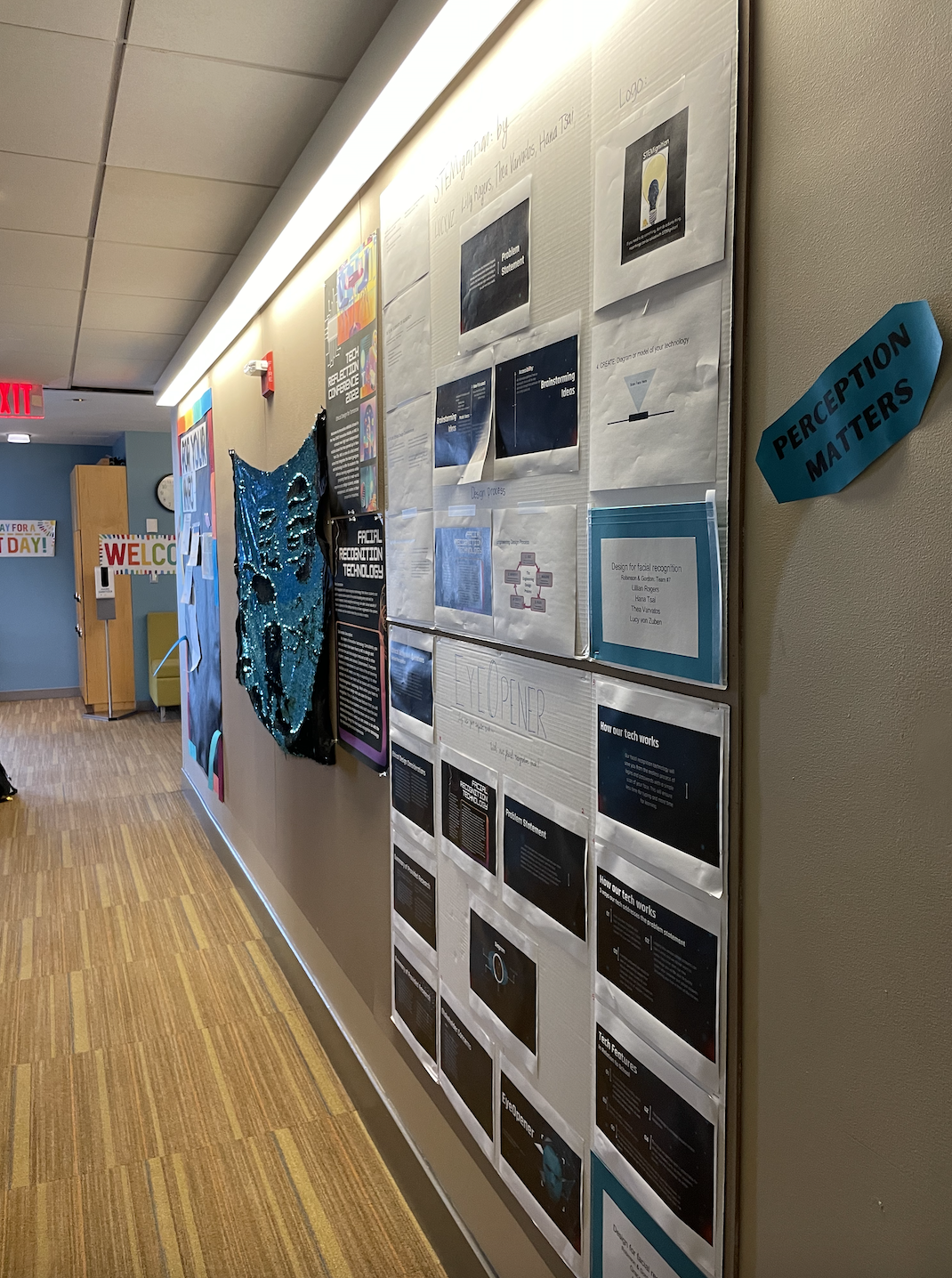
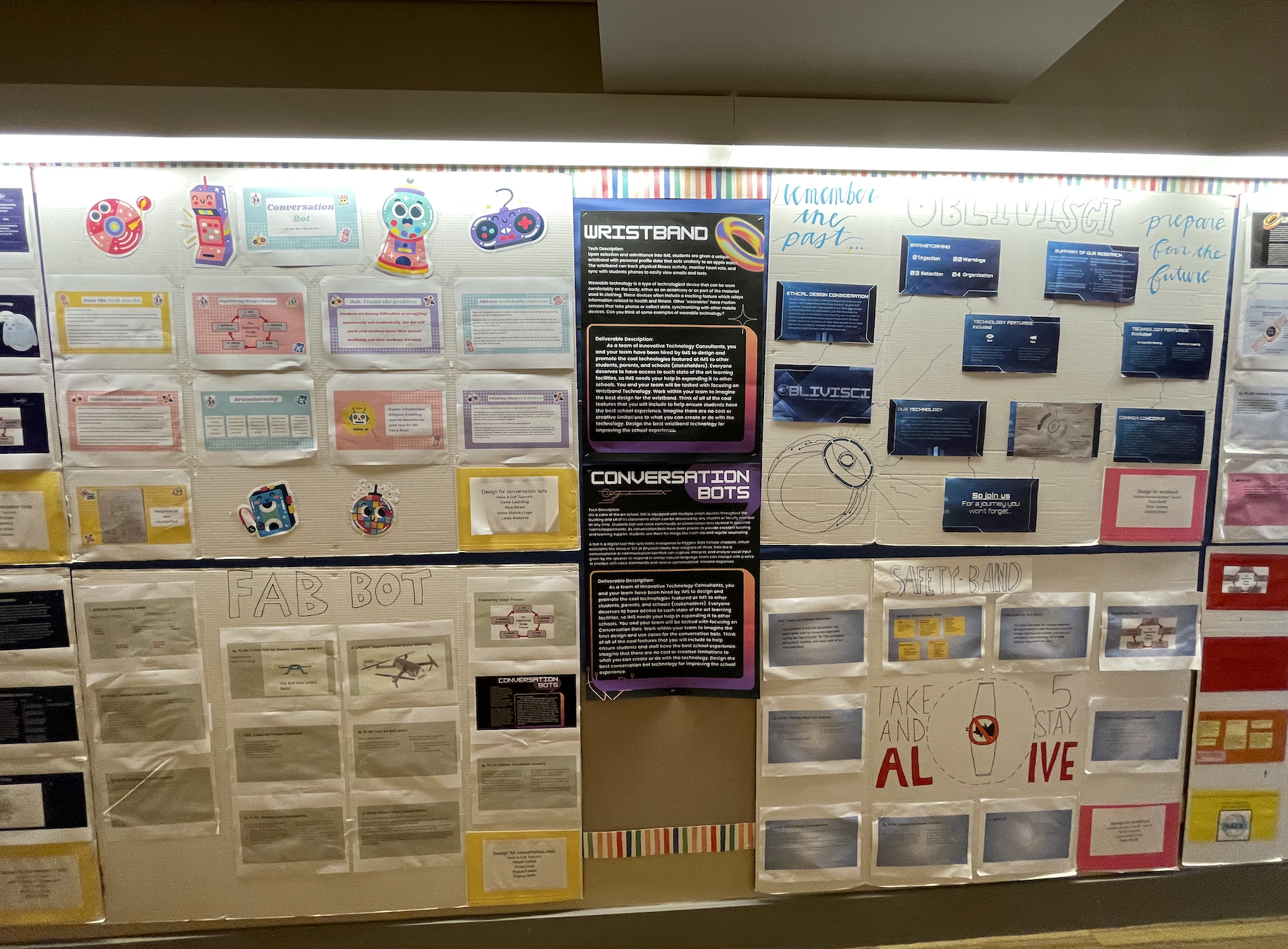
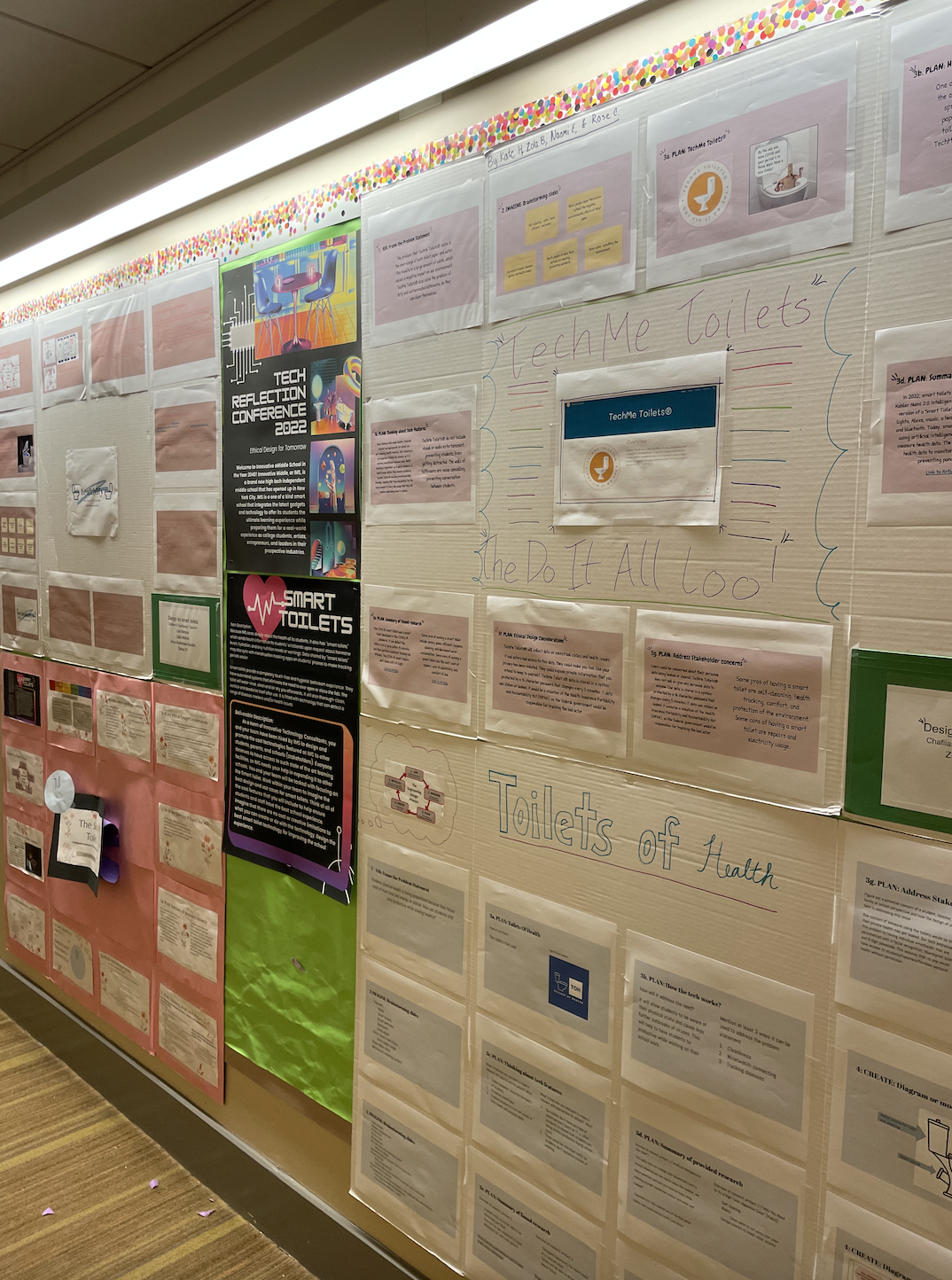
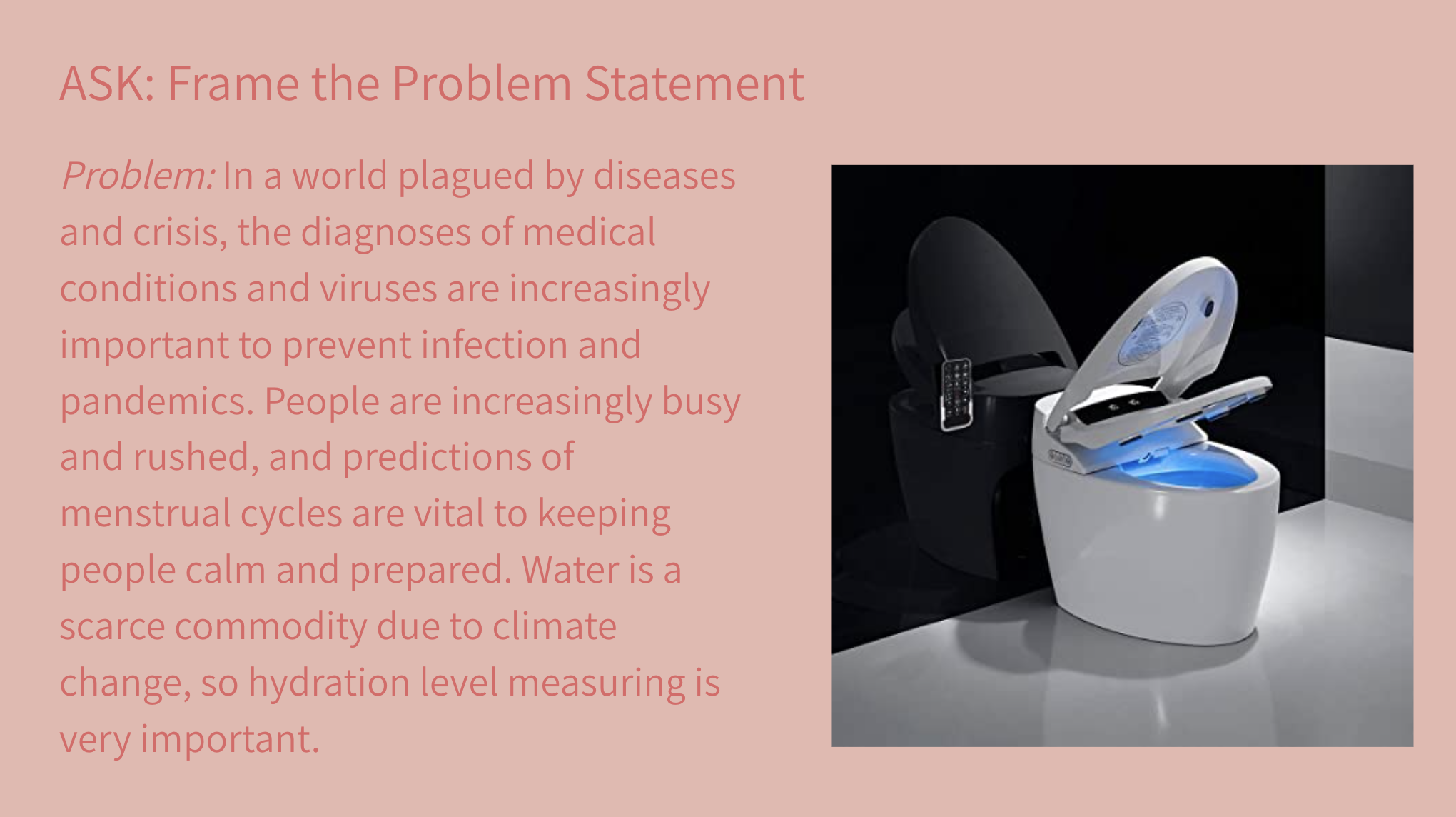
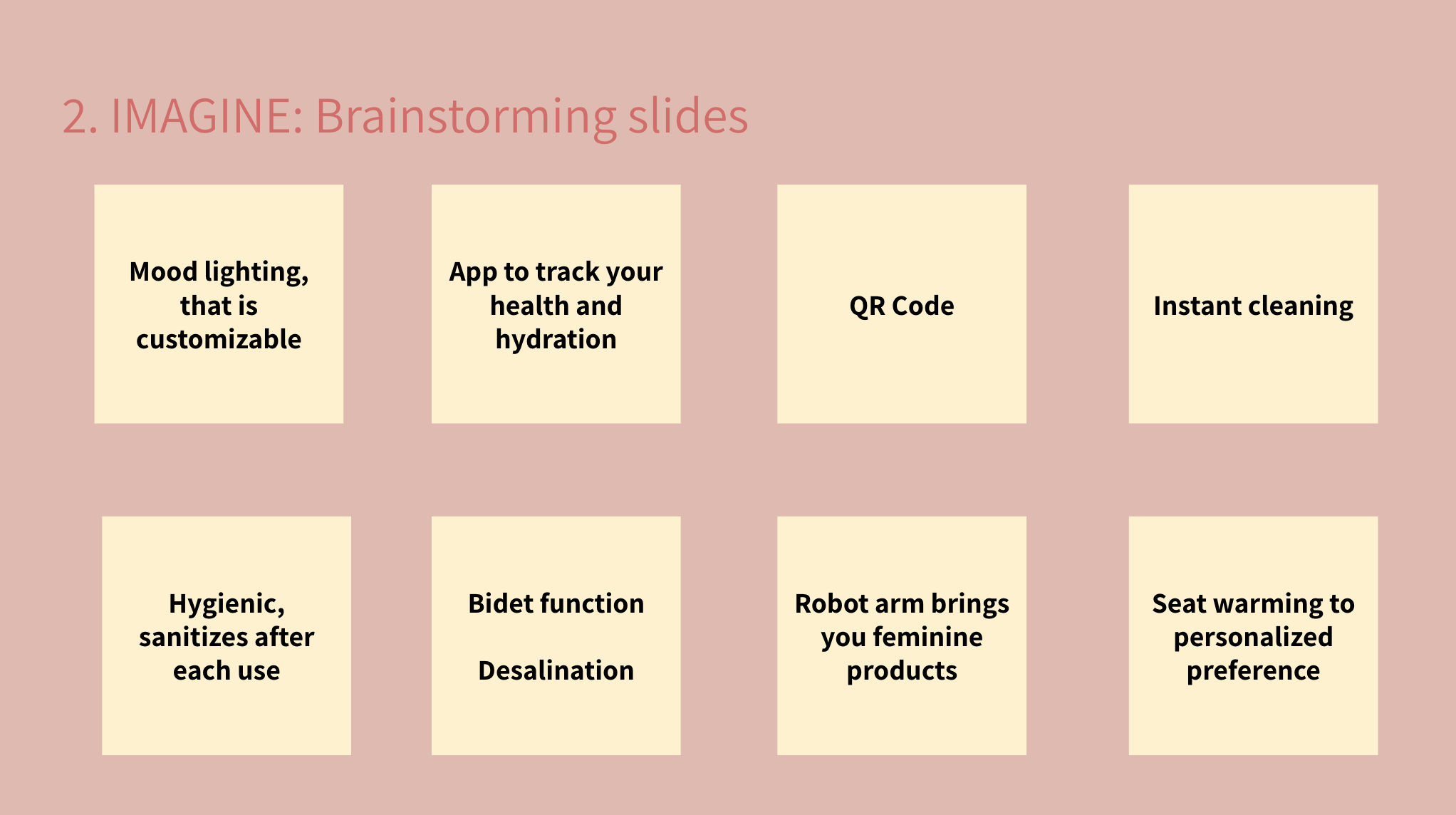
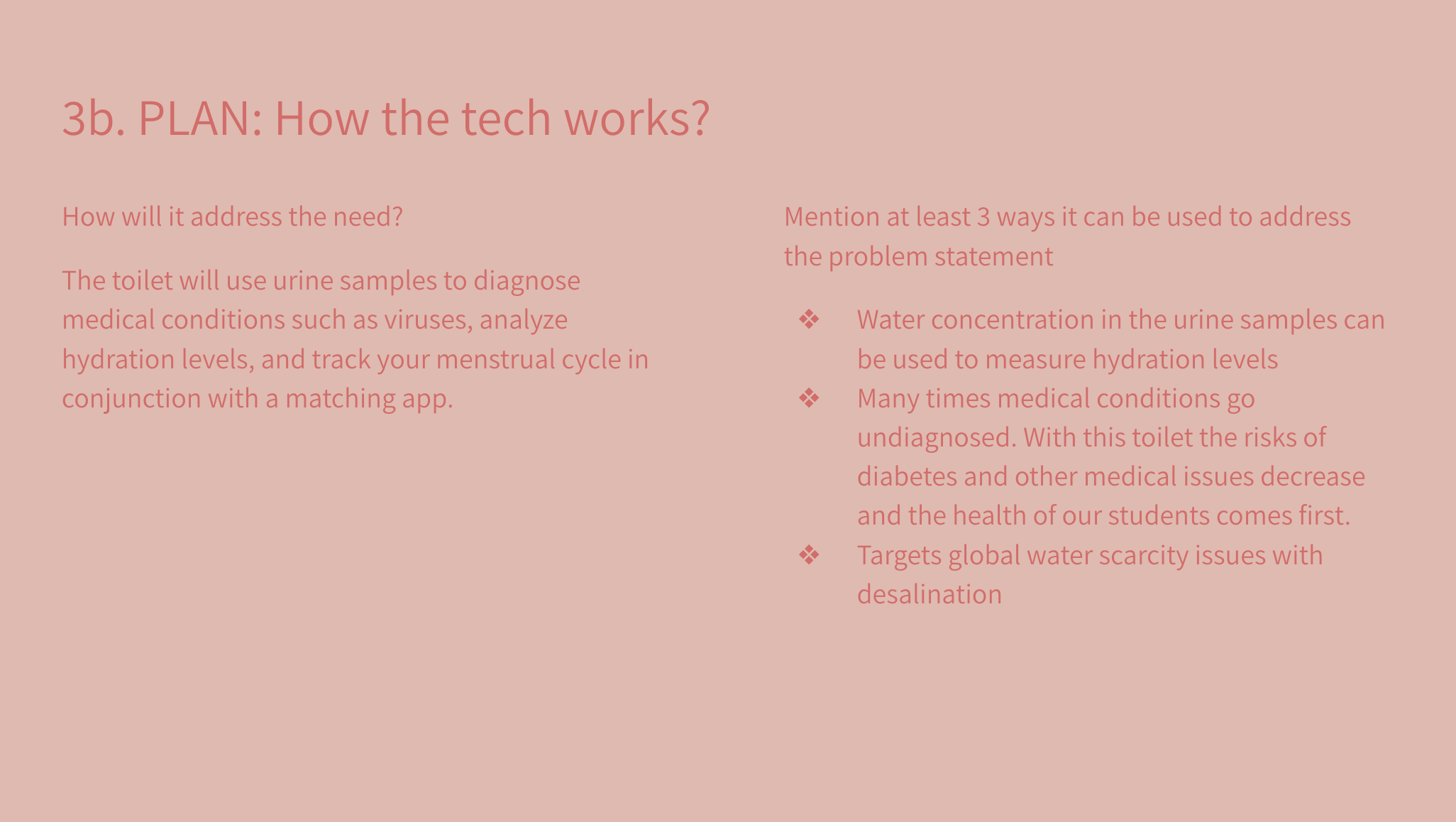
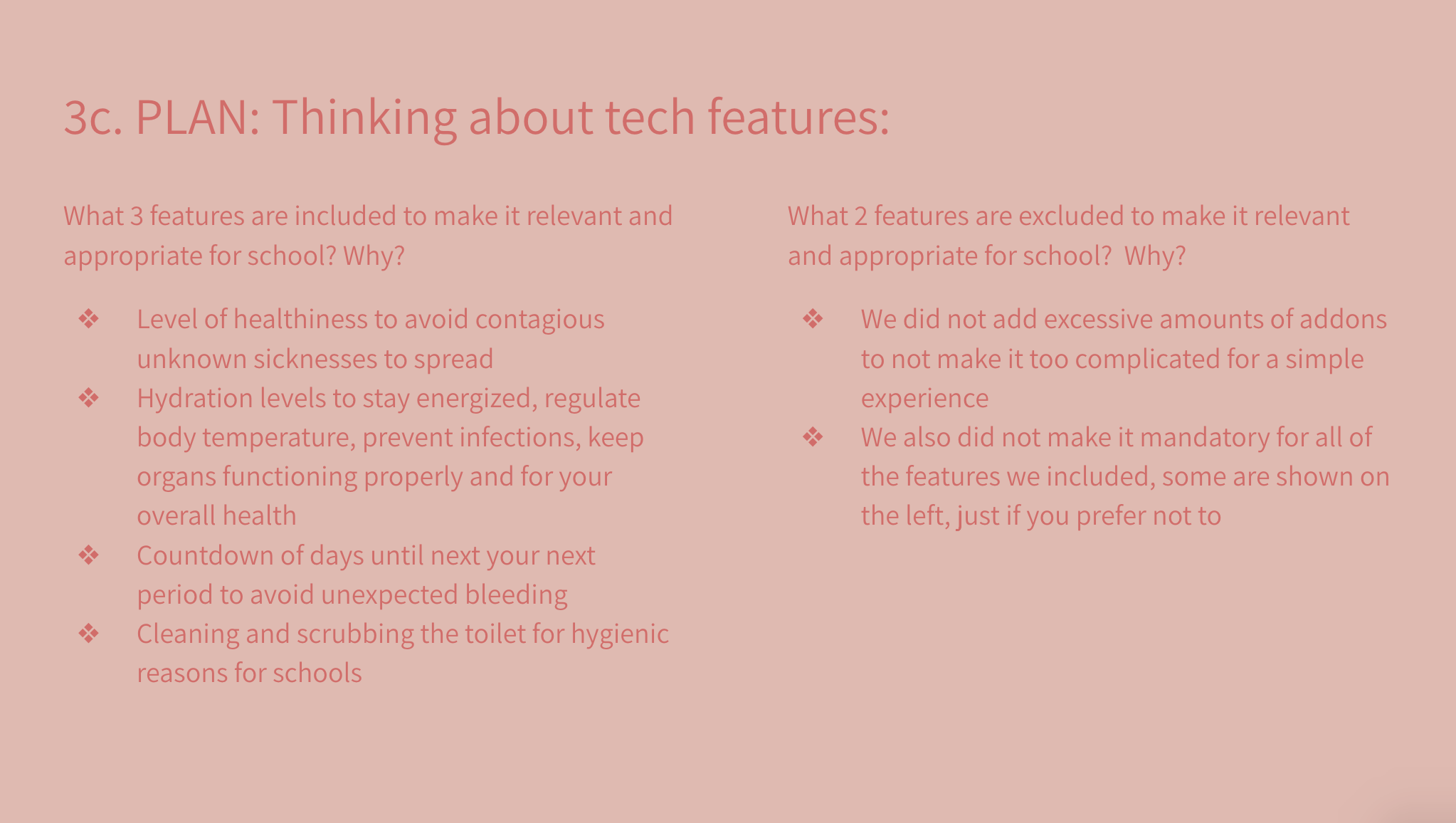
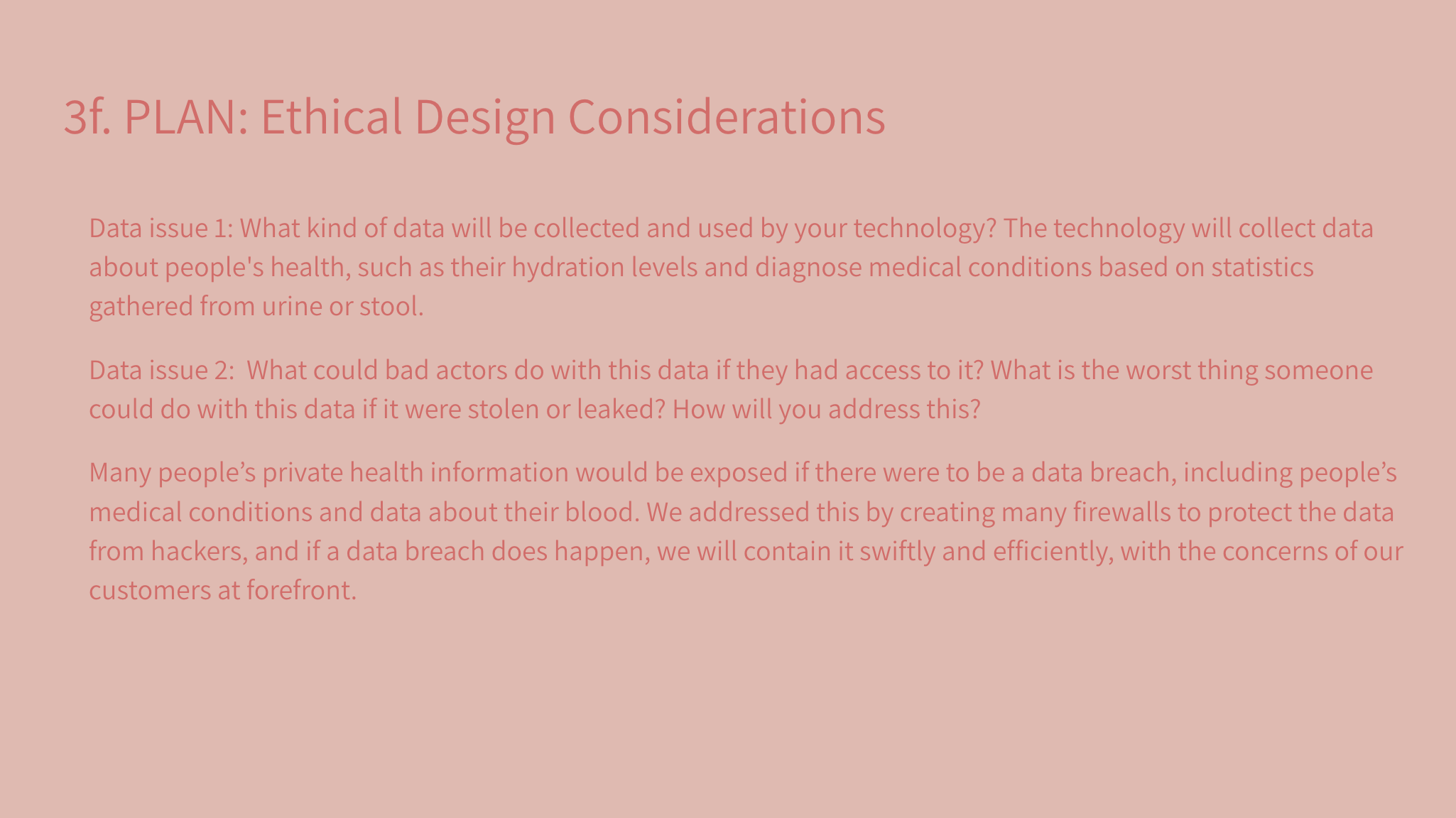
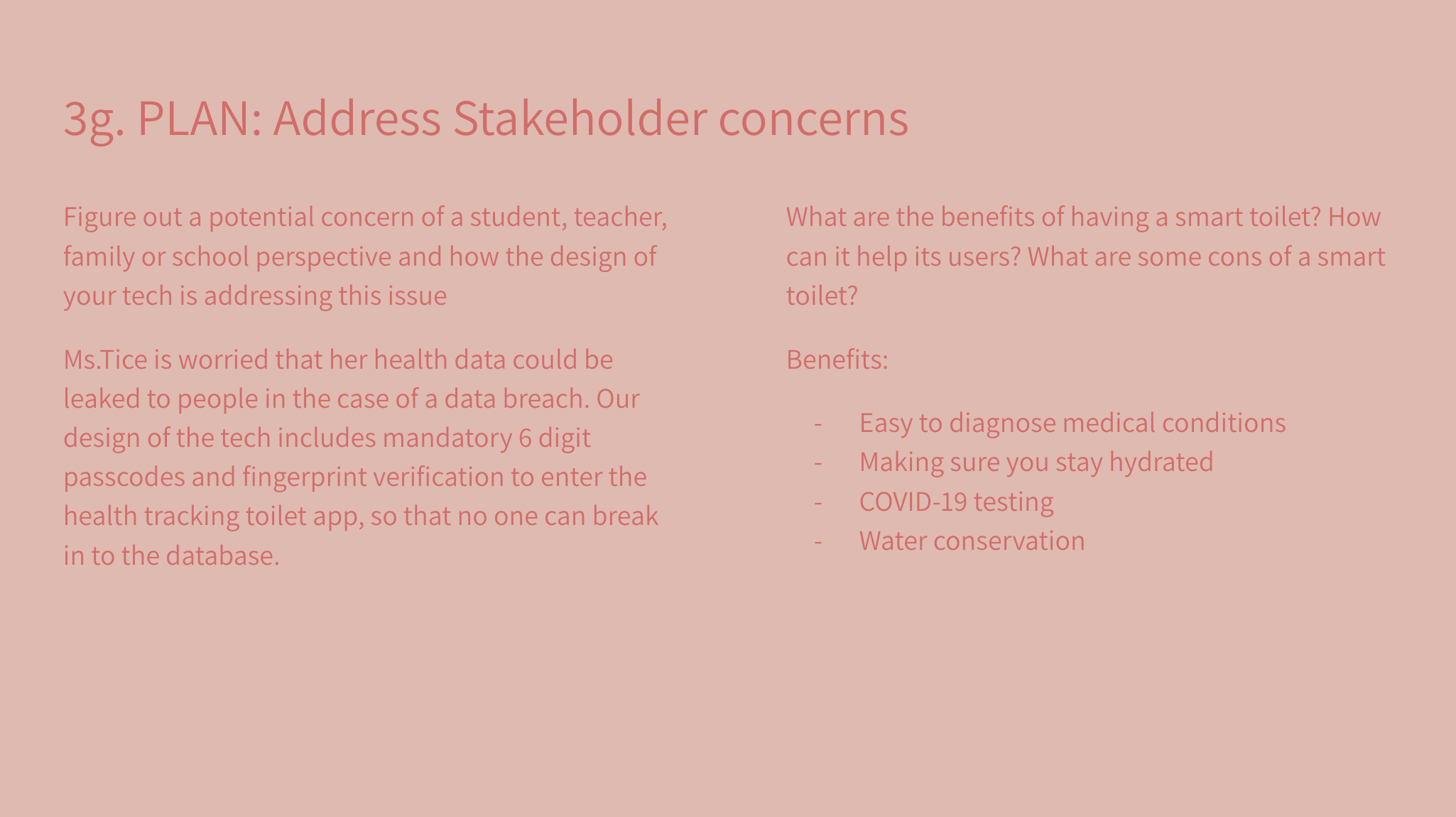
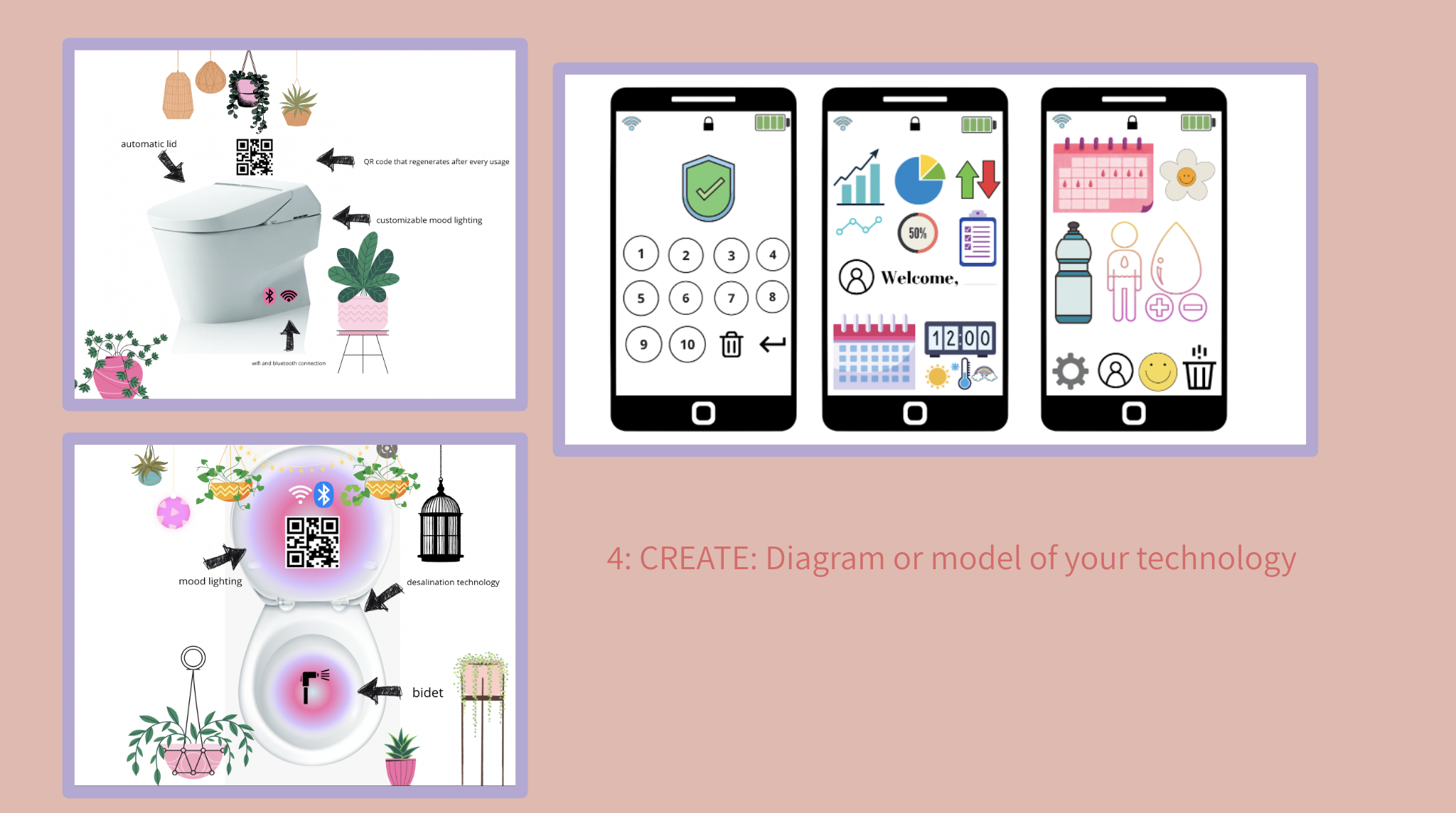
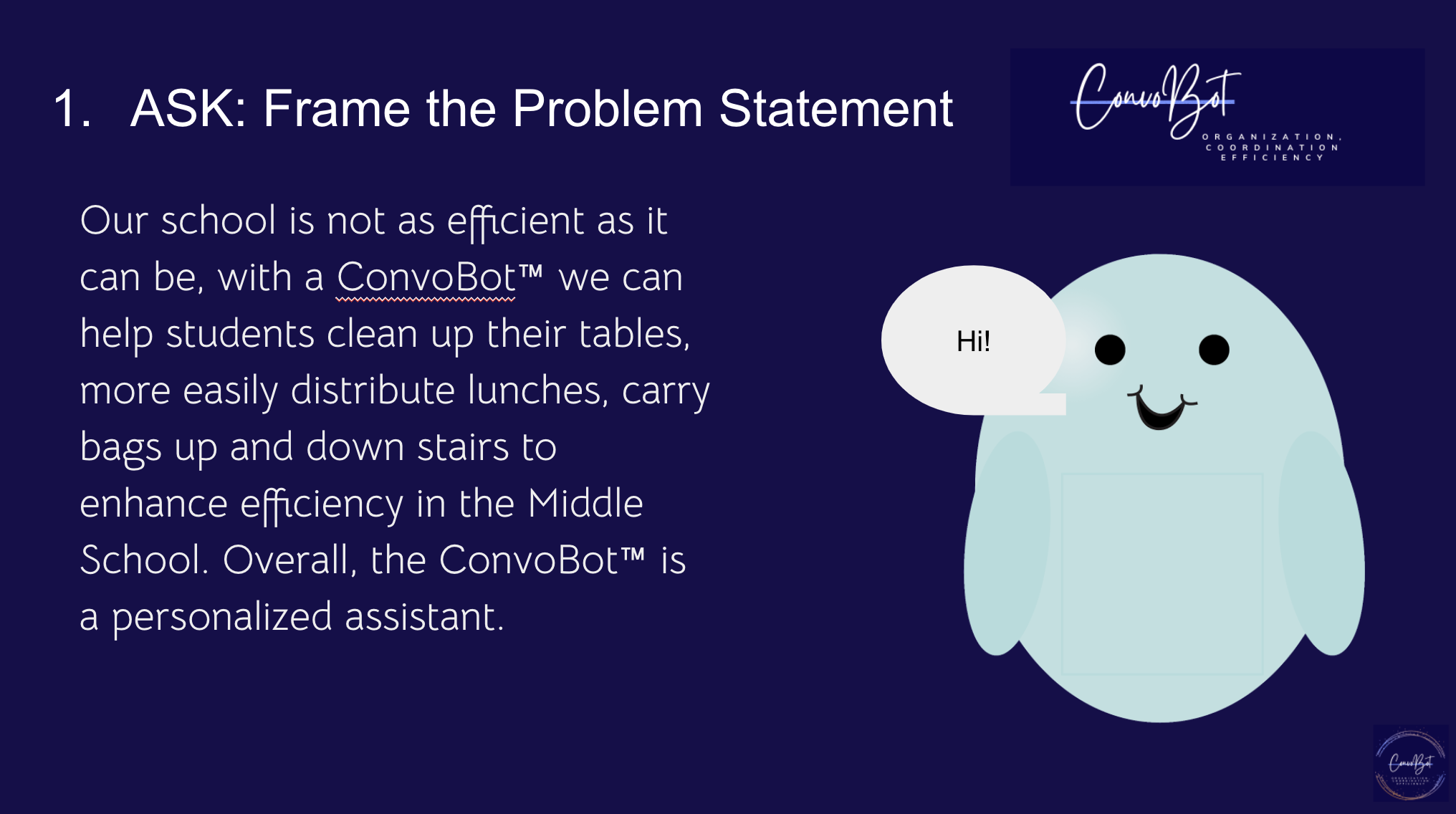
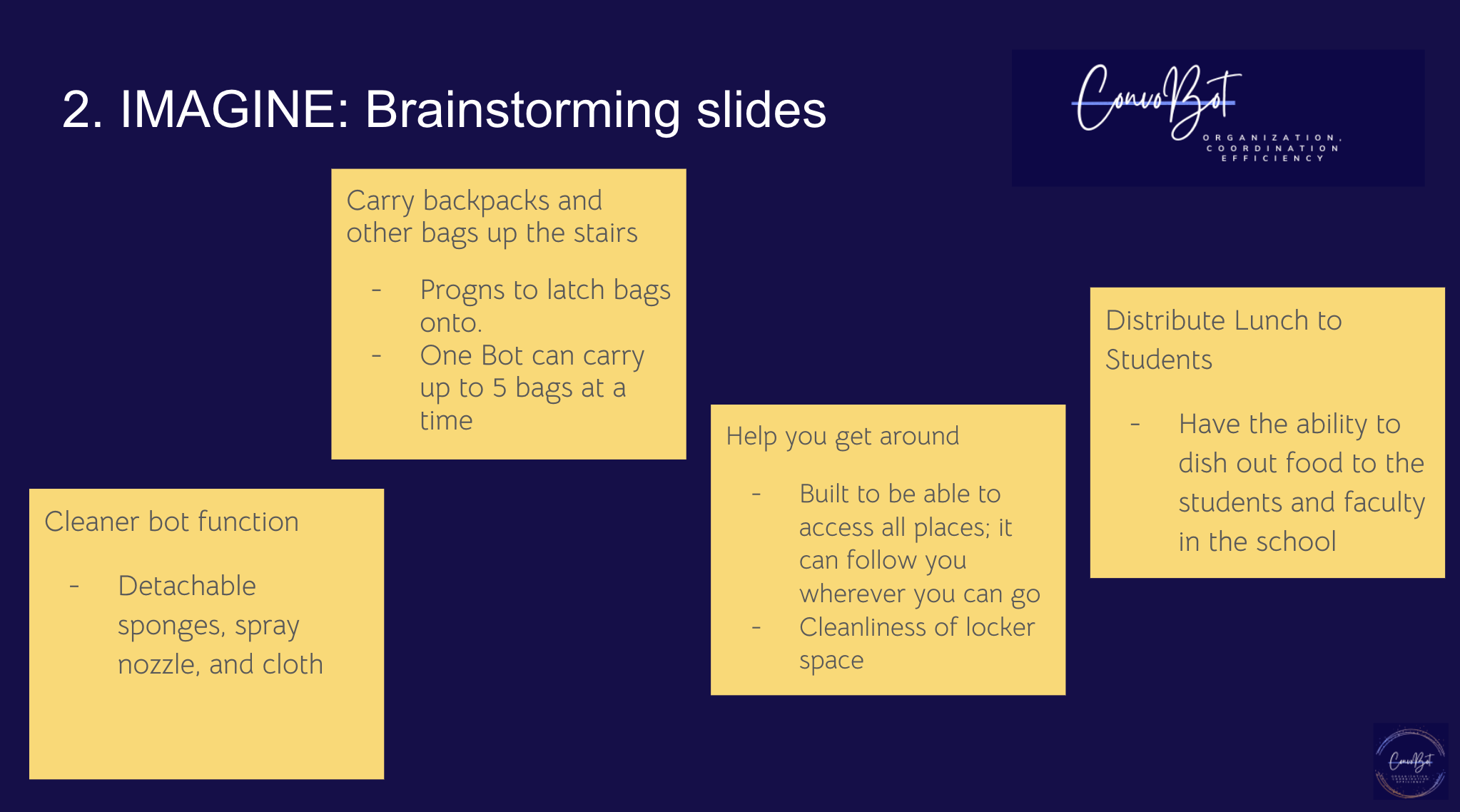
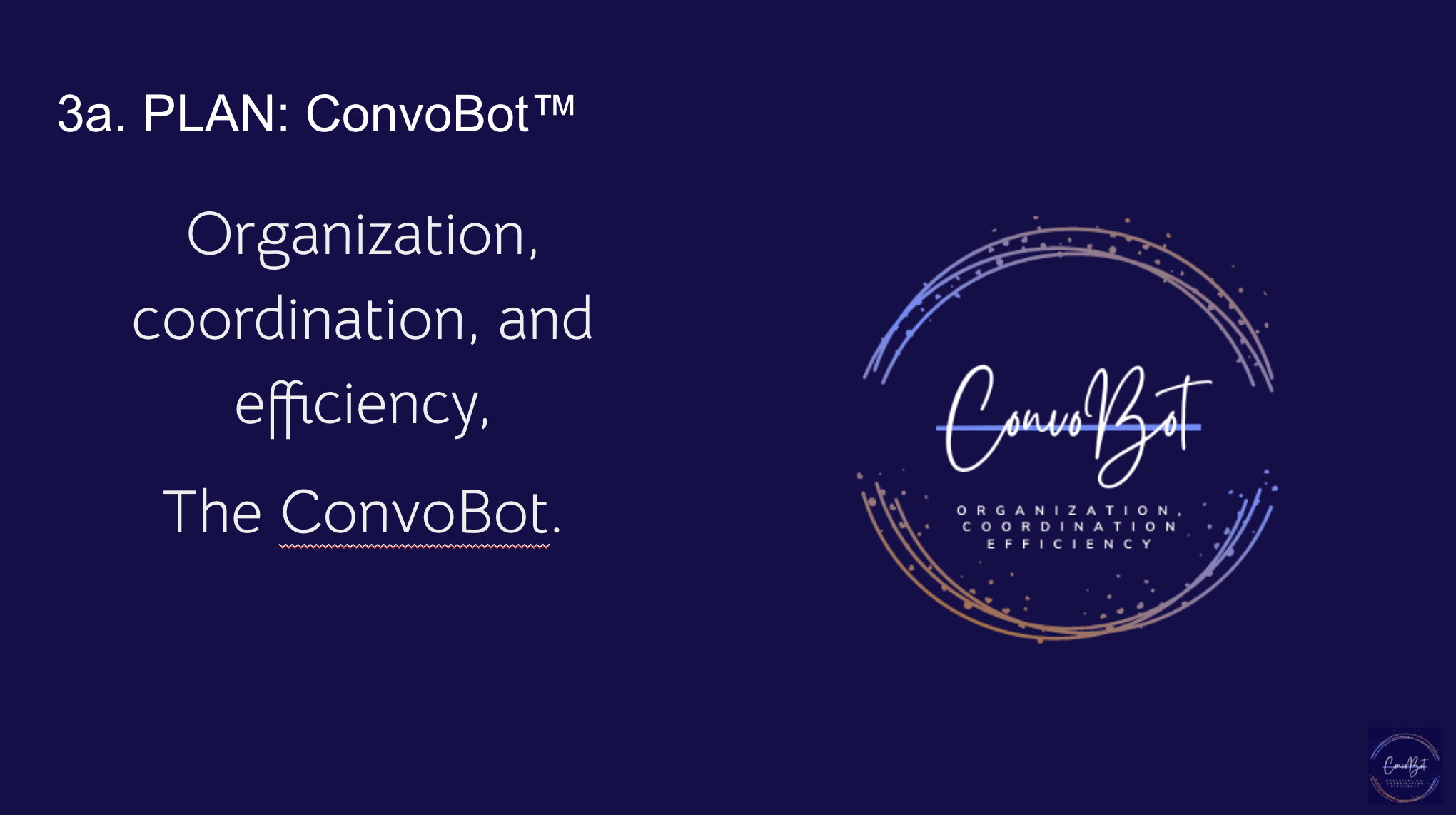
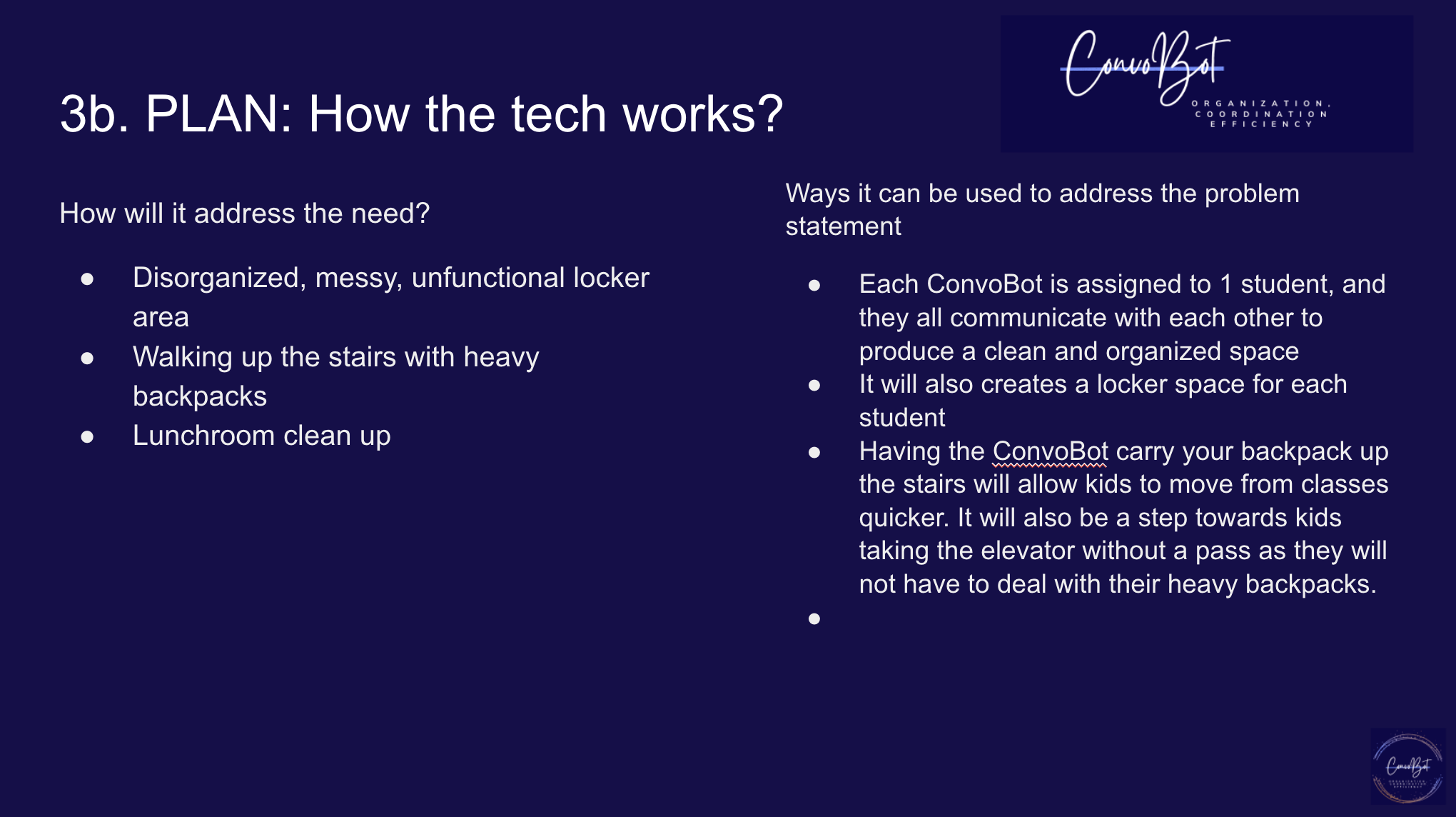
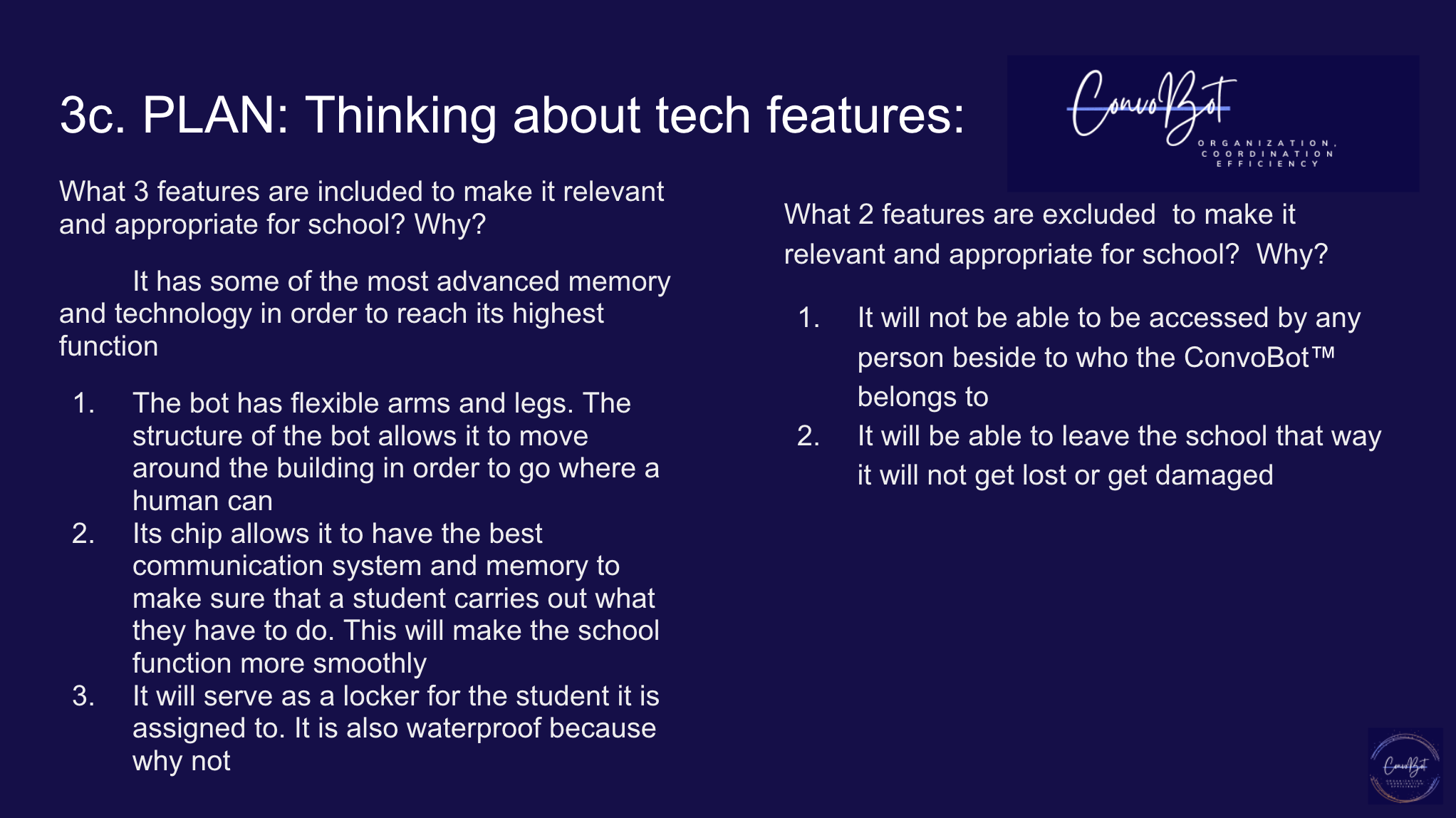
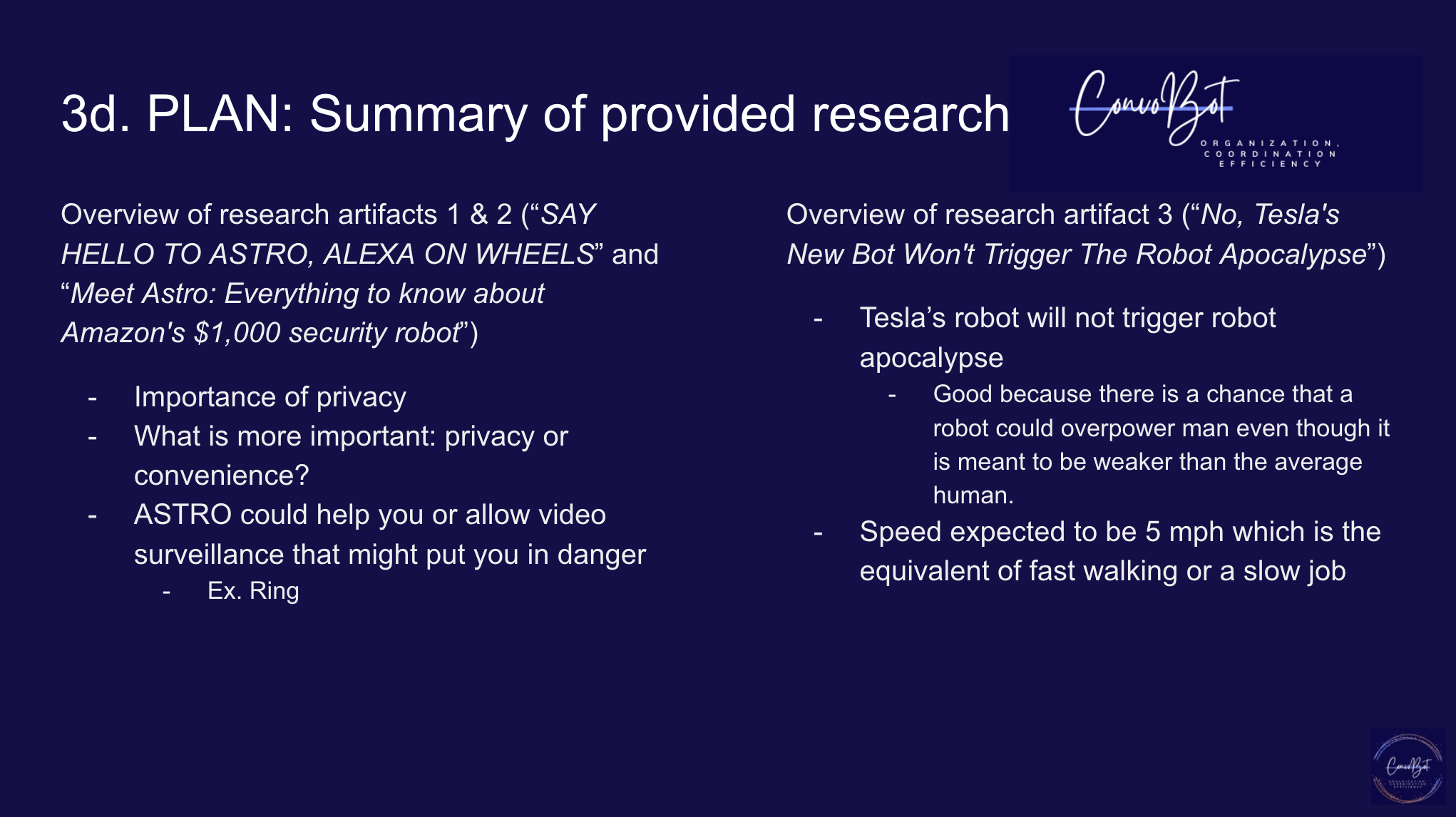
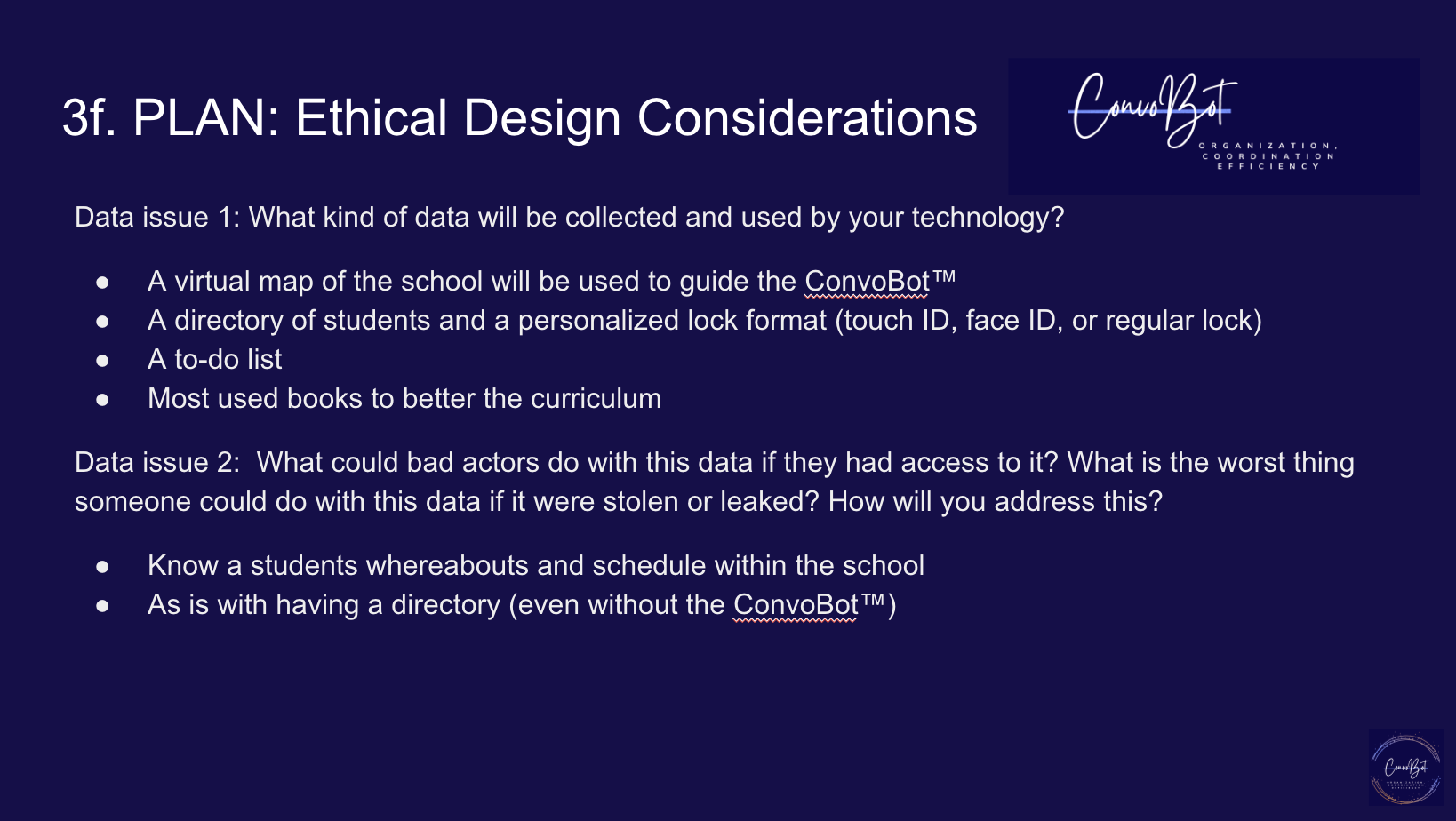
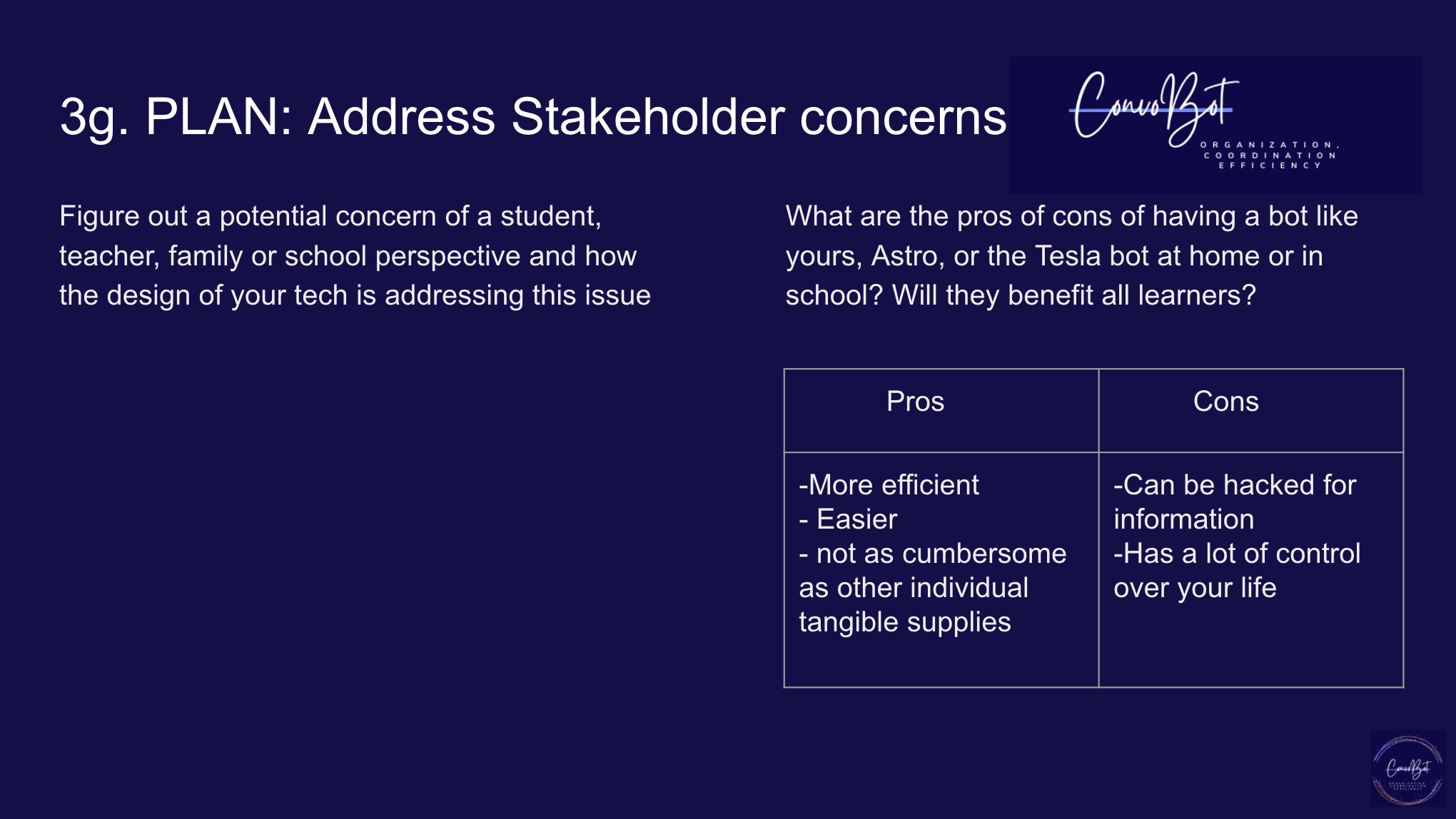
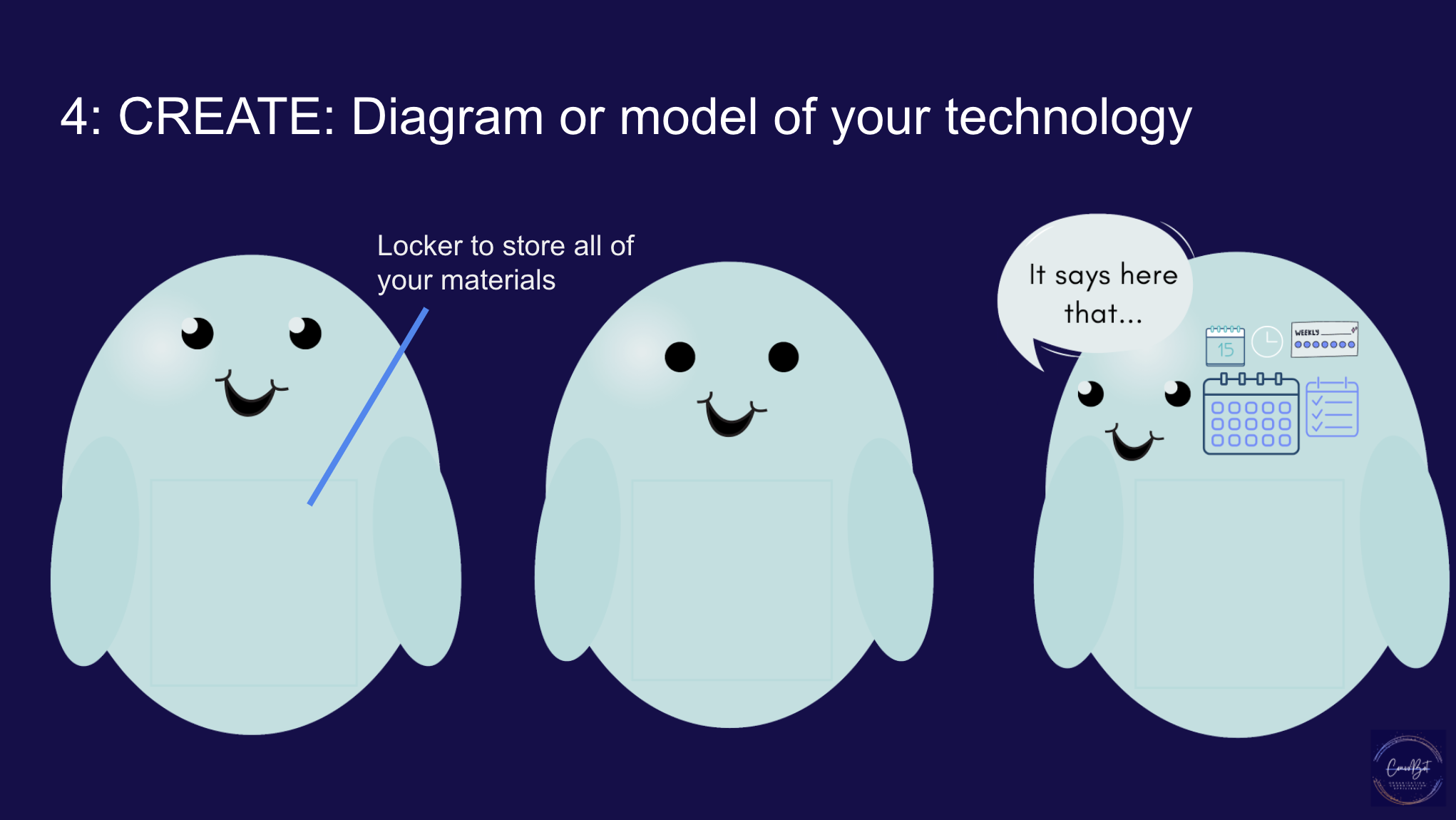
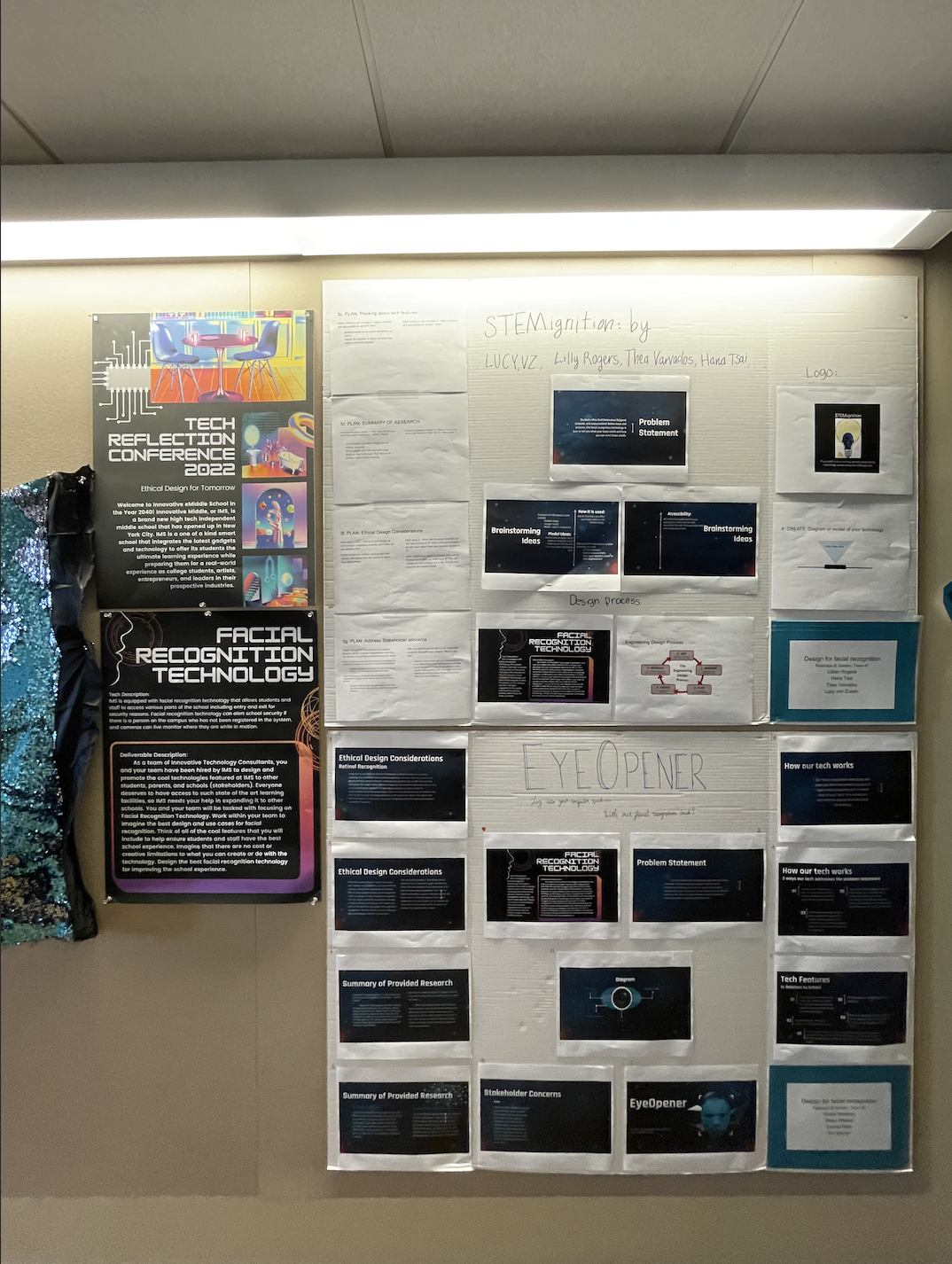
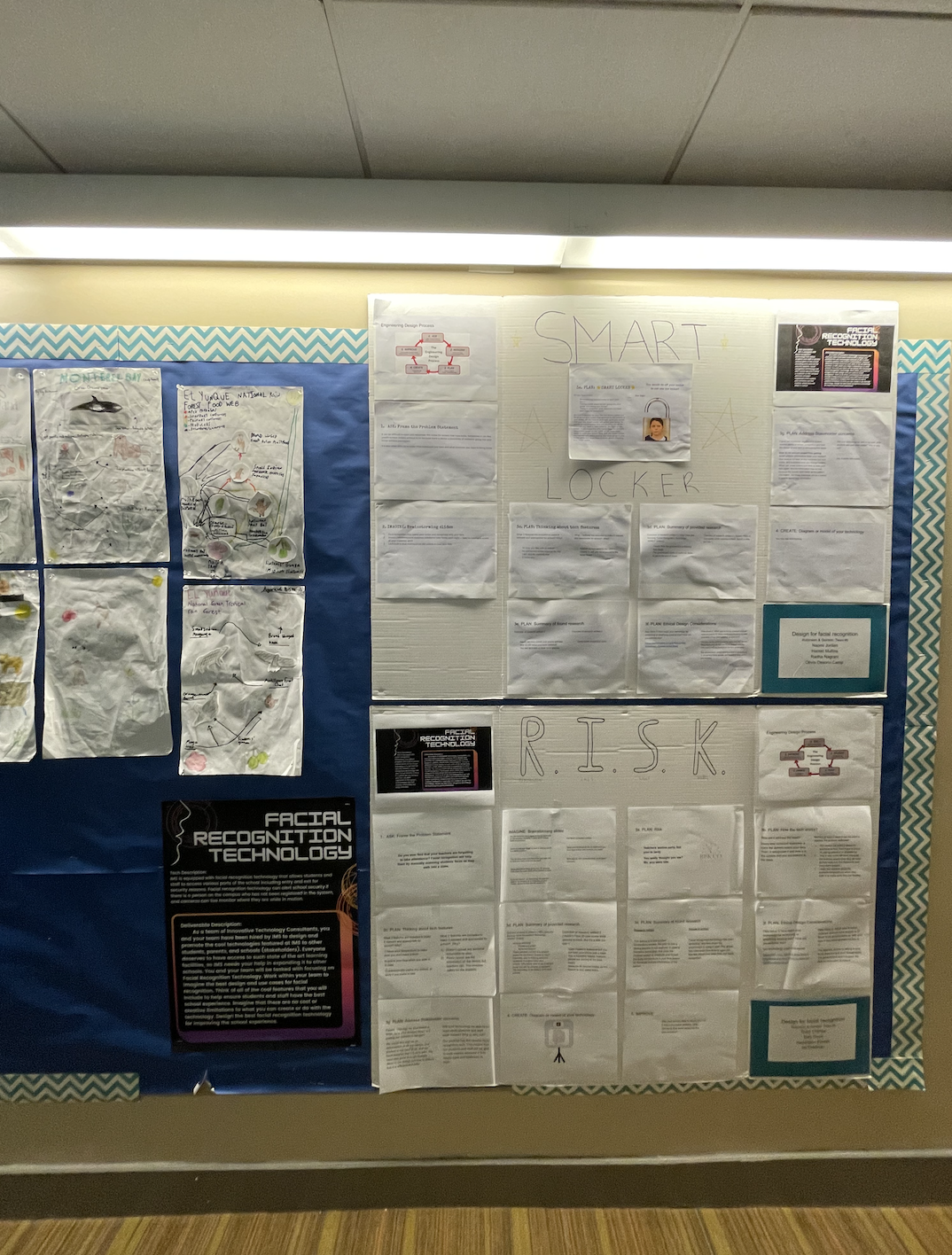
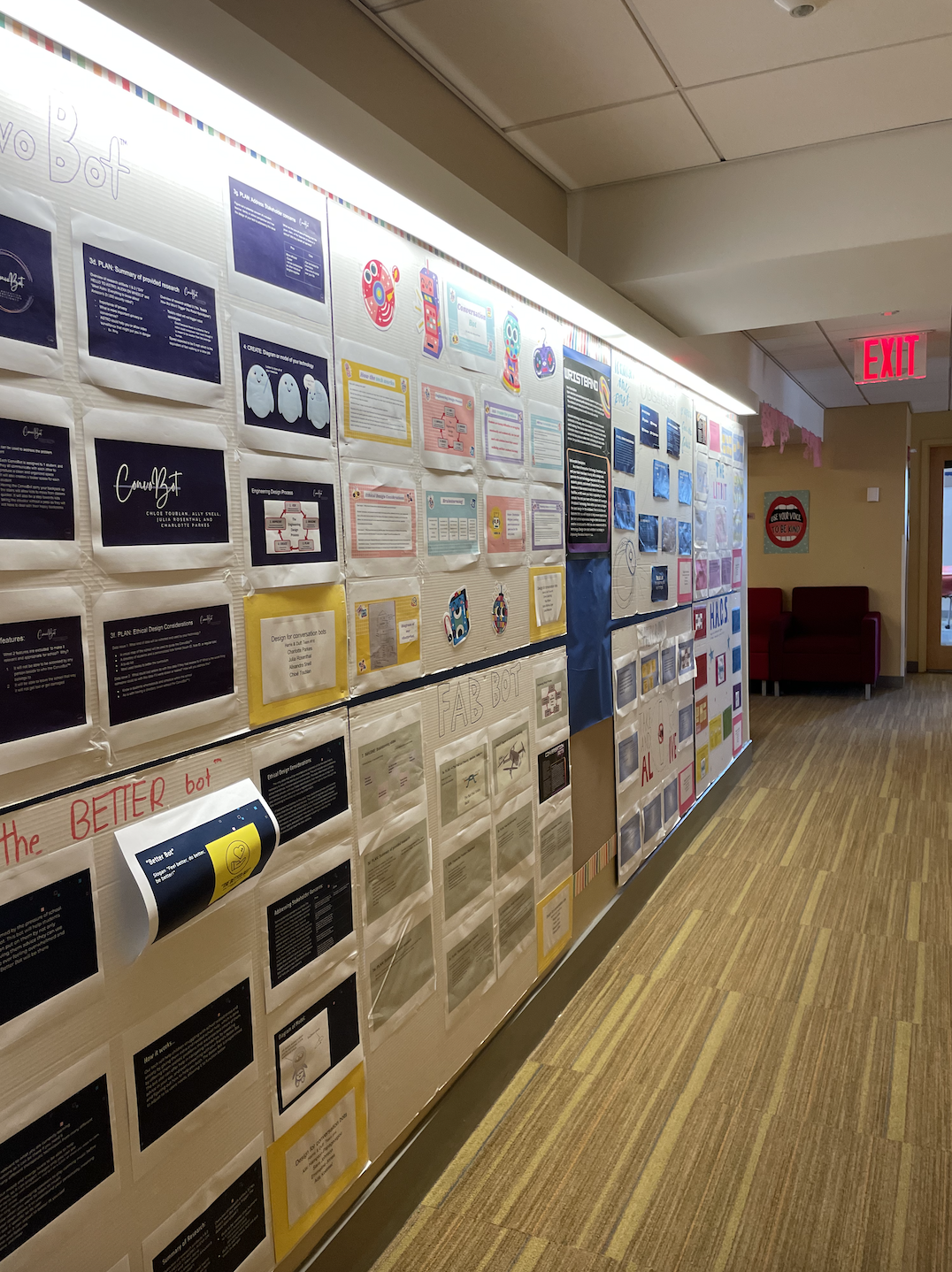
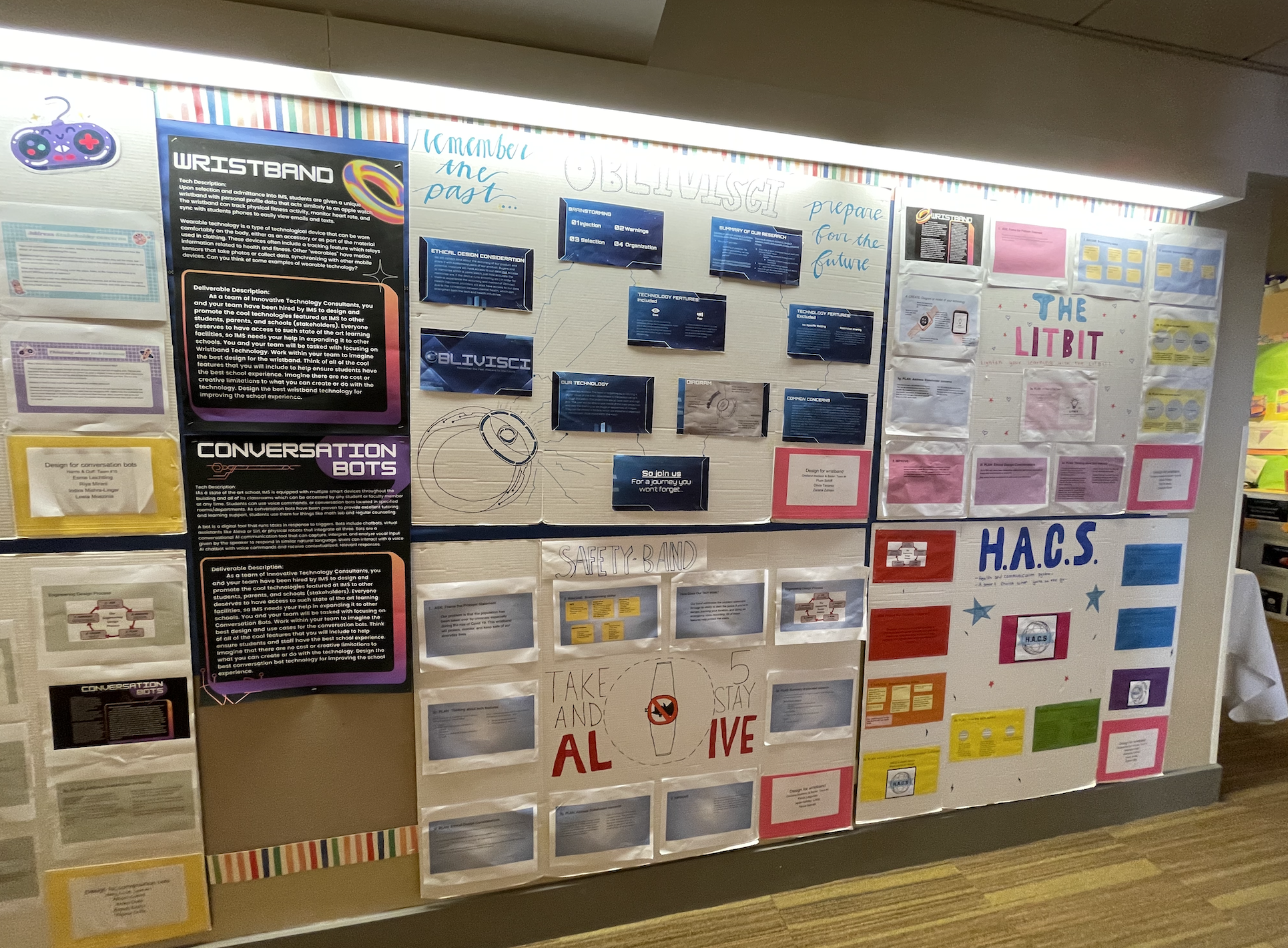
Brochure and posters








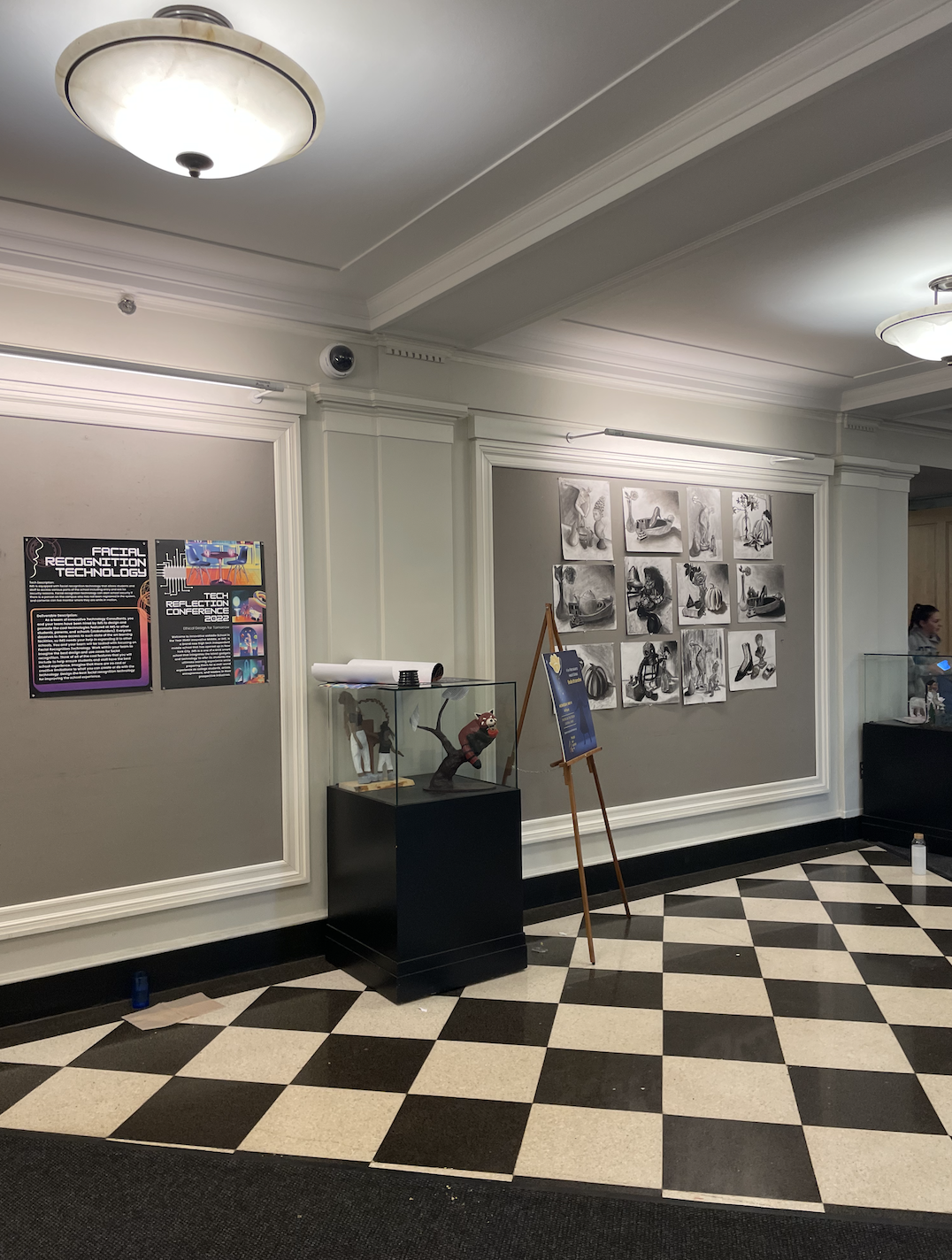
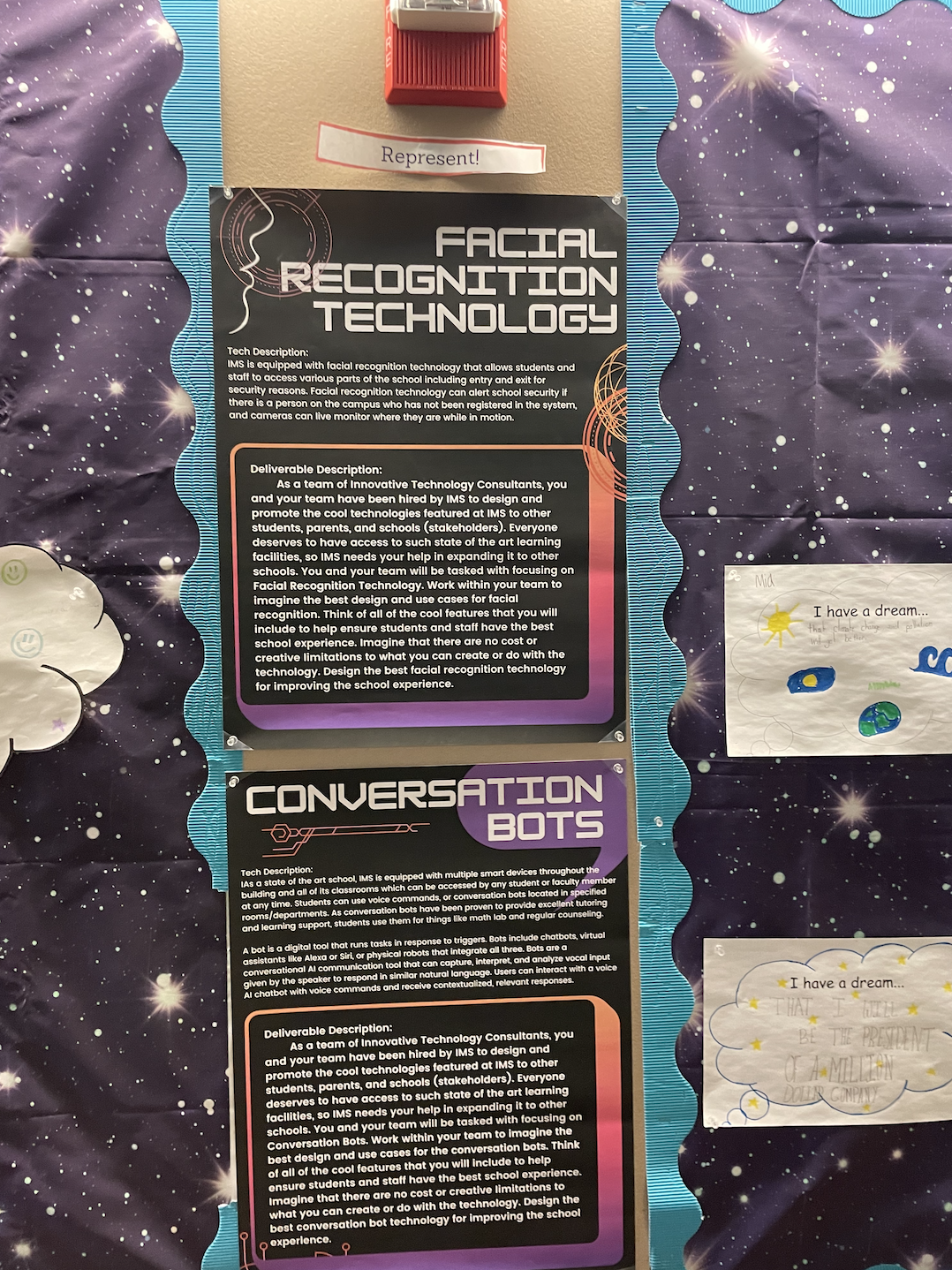
sample project
The Academic Tech team took some time to design our own new tech product based on neurotech implant technology! Students were provided with blank slides that followed the design process, with freedom to decorate visually.
